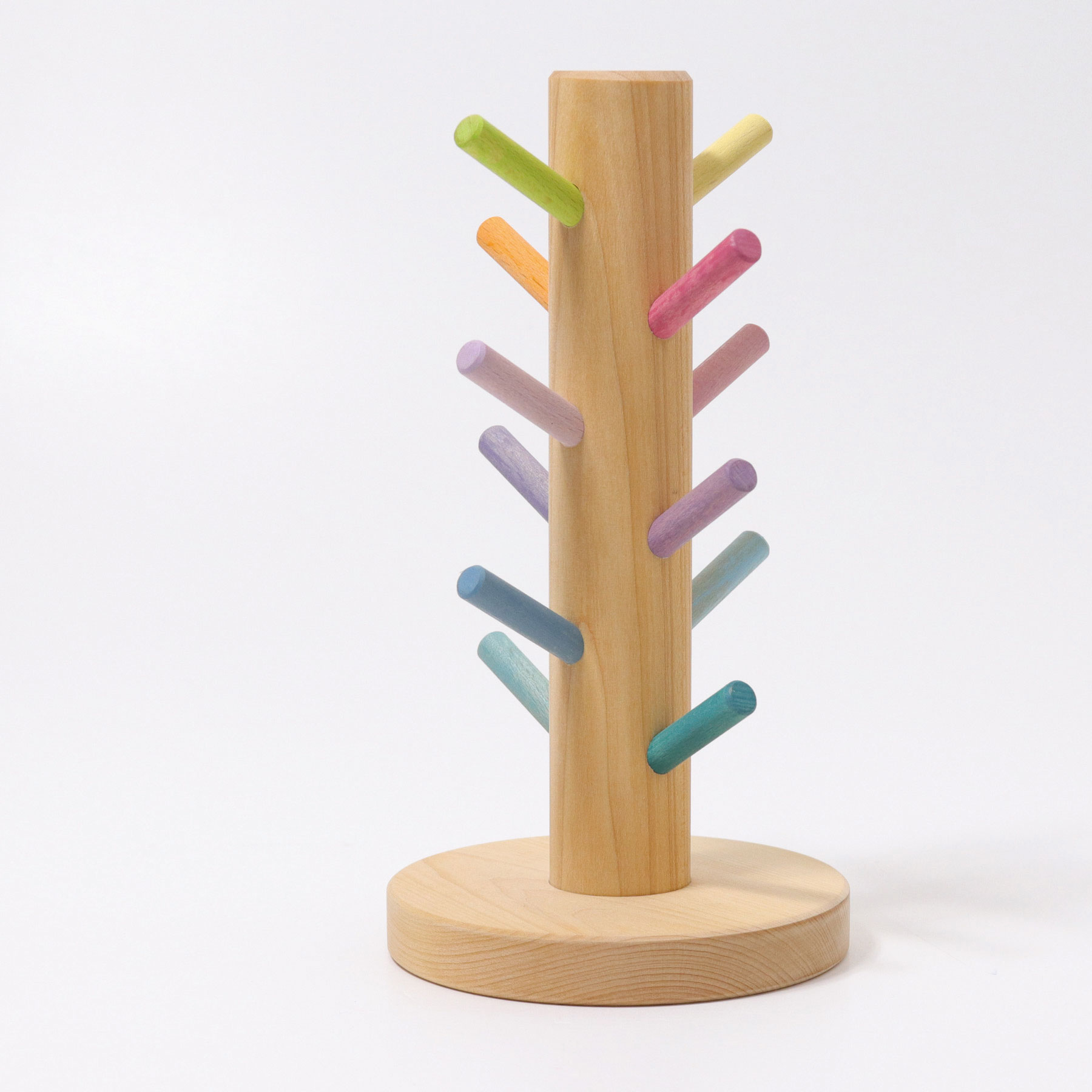Small hands, big hands - hello fine motor skills!

When young children grow up, lots of exciting things happen. They also get to know their own abilities and skills better and better and are constantly expanding them. This can be observed particularly well when building. Very young children who are making their first attempts at building tend to start by building on one level, i.e. placing the building blocks next to each other. The next step is then to build upwards, which typically involves building towers by stacking bricks on top of each other. Building then develops on this basis, becoming more and more creative and finally resulting in structures that are the product of the child's imagination.
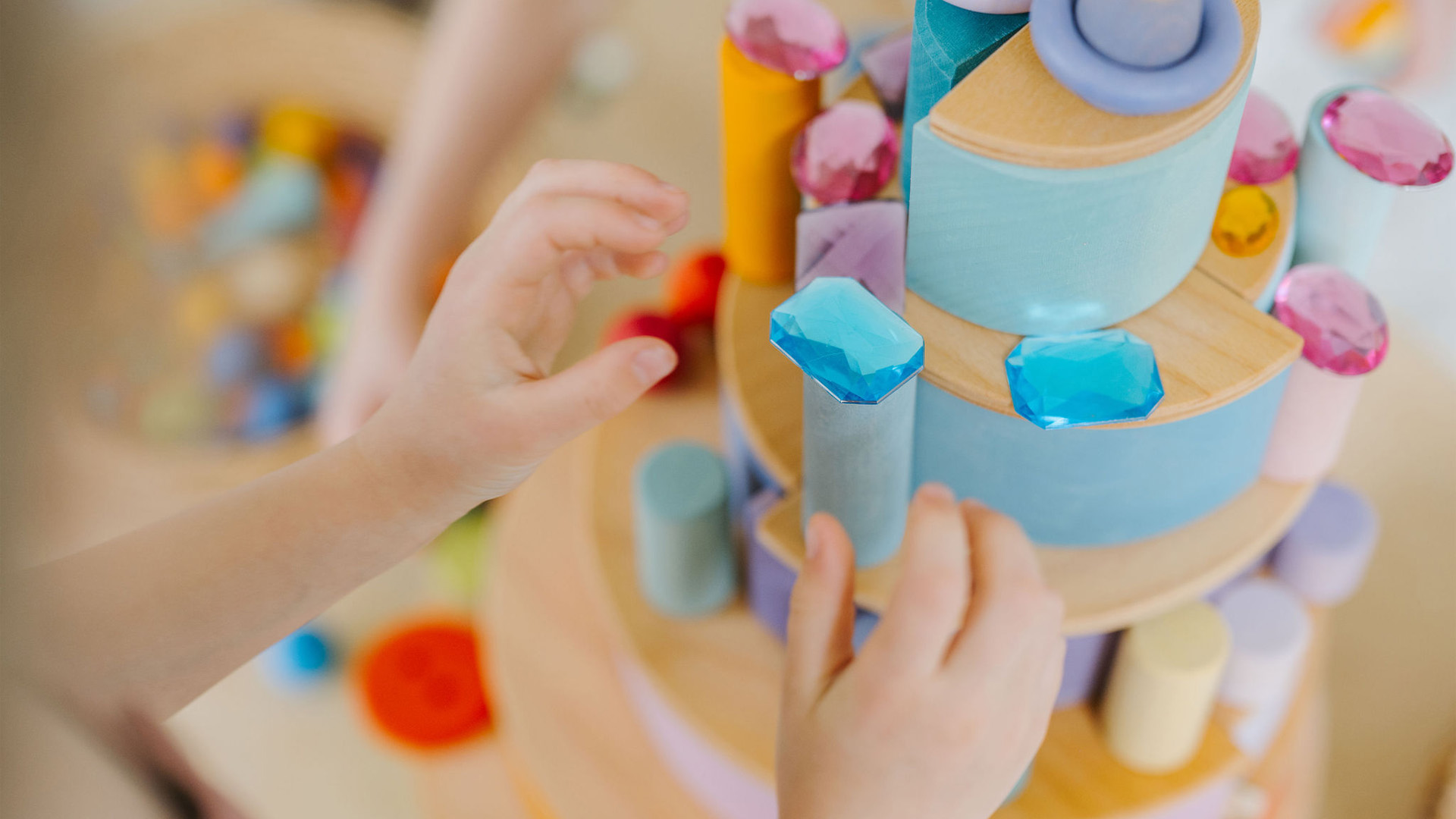
Building is one of our personal interests and is not only great fun, but also promotes fine motor skills, creativity and coordination in a playful way. To avoid unnecessary frustration, it makes sense to match the child's current skills with the material. In other words, it does not lead to excessive demands or boredom. This is completely individual for each child, but there are a few tricks worth knowing that we would like to share with you. But first, a small but important digression on the subject of motor skills.
If you say fine motor skills, you must also say gross motor skills
The term gross motor skills is often used colloquially in a somewhat misleading way. Being gross motoric is therefore by no means a lack of ability to perform precise movements, although it is often used with this meaning in a somewhat negative way. Gross motor skills simply relate to completely different movements than fine motor skills, but are at least as important.
Gross motor skills refer to all large movements that require the large muscles in the arms, legs and back. They are therefore needed for many everyday physical activities, such as sitting, crawling, walking, jumping, climbing, etc. Babies and toddlers therefore first develop their gross motor skills, learn to lift their head, coordinate their arms and legs and turn their whole body. Muscles, body awareness and balance are important for this. They develop and expand all by themselves as the child gradually practises these natural activities and performs them again and again.
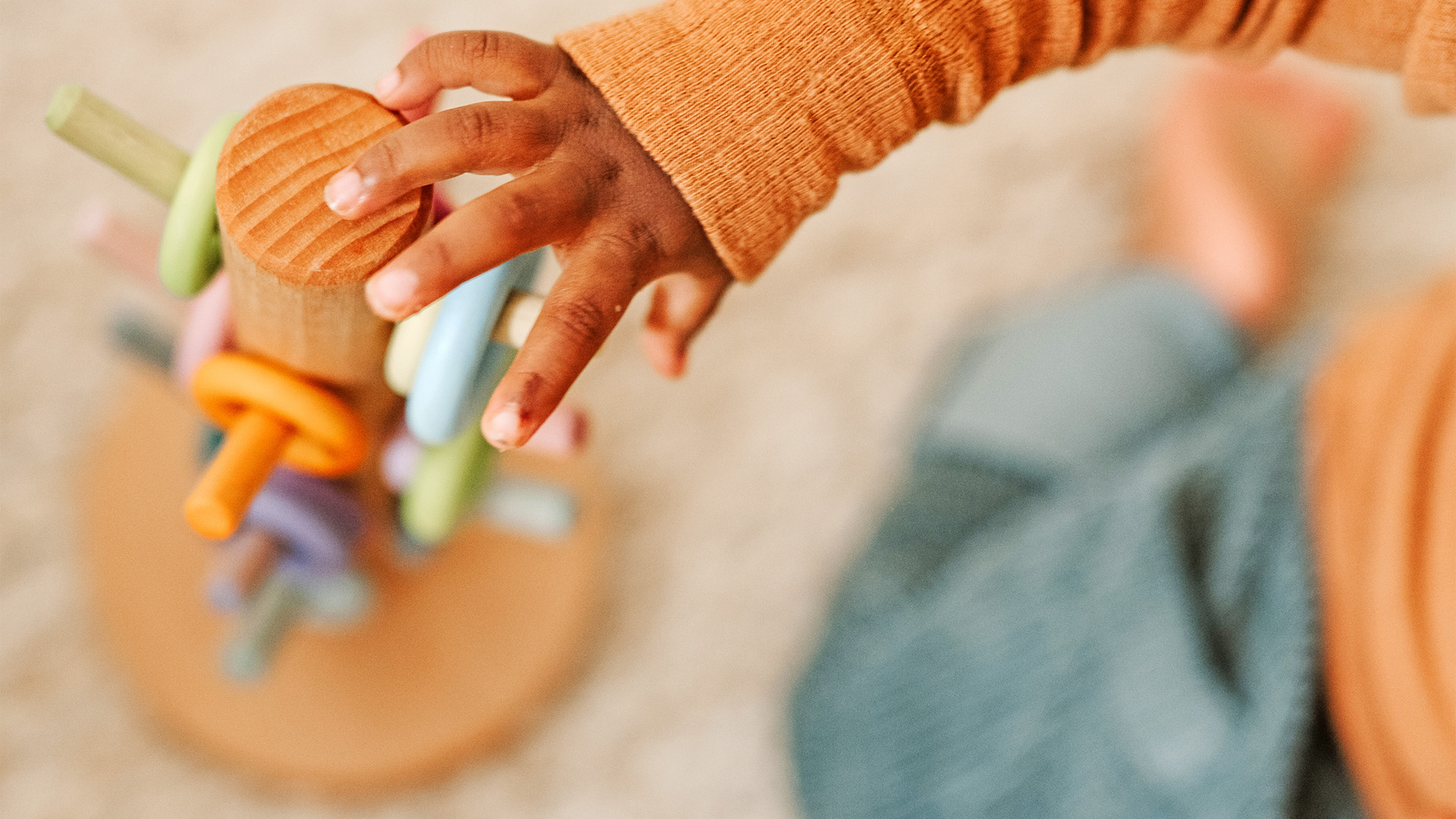
Fine motor skills include the smaller and finer movements with the hands, fingers, feet, toes, face, mouth, etc. Babies and small children develop their fine motor skills step by step, starting out very simply. At first they move their hands and feet, bring their hands to their mouths or to each other, clap their hands and at some point reach for objects. In the process, hand-eye coordination is trained and the pincer grasp is used more and more effectively.
Toddlers also develop their fine motor skills in passing, for example when colouring, play with modeling clay or with marbles, beads and building blocks. Every little movement helps them to develop their control and coordination.
The facial expressions of the other person are also perceived by babies at an early age and eventually adapted and are part of fine motor skills.
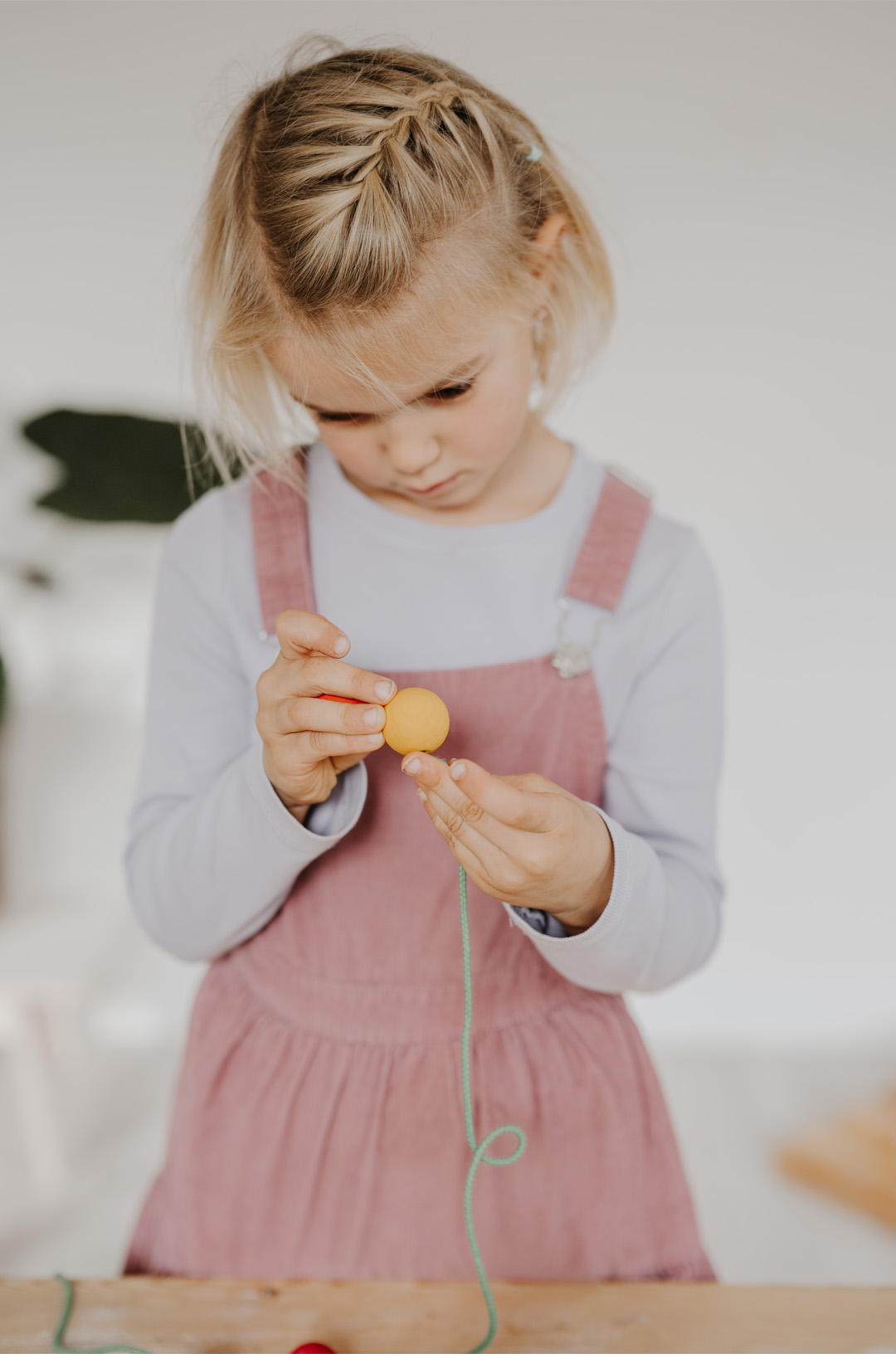
Fine motor skills for small & large hands
We never tire of emphasising how important and helpful play is for children's development. Motor skills also benefit from play. As we know, we don't think much of predetermined rules when playing in favour of the imagination. But there are actually a few tricks that it can be useful to observe in order to adapt building to the child's current stage of development and thus support a small sense of achievement:
The smaller the hands, the bigger the building materials: The large parts are easy to grasp and ensure stability and an initial sense of achievement when building. The rough surfaces of our materials support this by ensuring that the individual components stay on top of each other and do not slip easily.
The smaller the hands, the fewer the building materials: the choice should not be overwhelming and the options should therefore be somewhat limited at first, making it easier to concentrate on what is available.
The smaller the hands, the more suitable the basic shapes are for building: Basic shapes provde a wonderful and predictable basis for building and provide initial experience with geometric shapes.
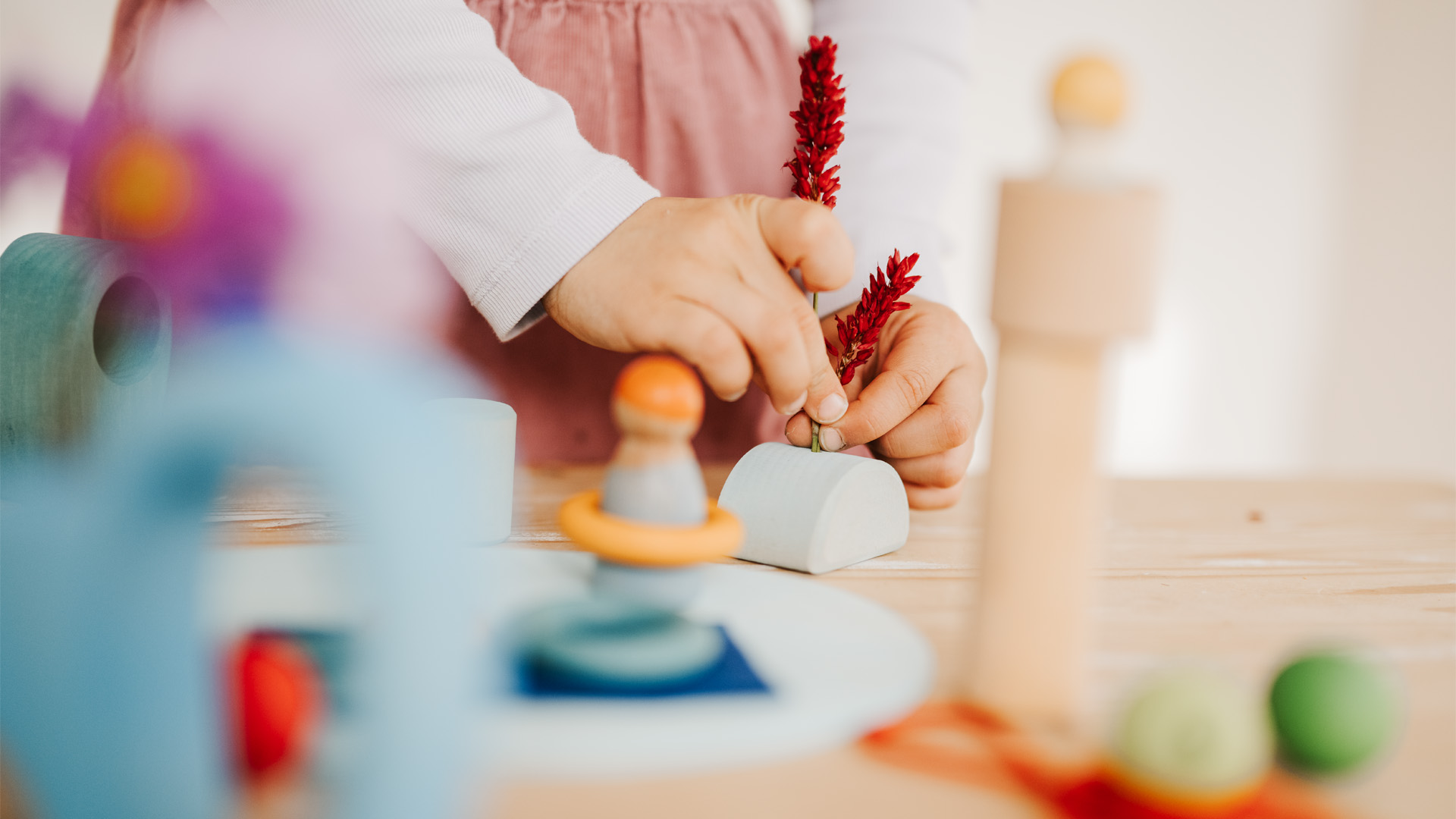
The bigger the hands, the smaller the building materials: With increasing age, the building materials can also become smaller and provide more options when building. However, this does not mean that the large building materials are replaced. They are merely supplemented. The large building materials are still particularly suitable for basic building.
The bigger the hands, the more building materials: The required amount of building materials actually increases in order to realise your own ideas and enrich the base with details. This makes the building experience interesting and can be remodelled again and again.
The bigger the hands, the more suitable organic shapes are as a supplement: when building with organic shapes, the result is always a bit of a surprise. Unlike with two cubes of the same size, for example, it is not clear how the building blocks will behave towards each other, what new shapes will result, etc. This creates new challenges and interesting shapes. This creates new challenges and interesting structures in the combination.
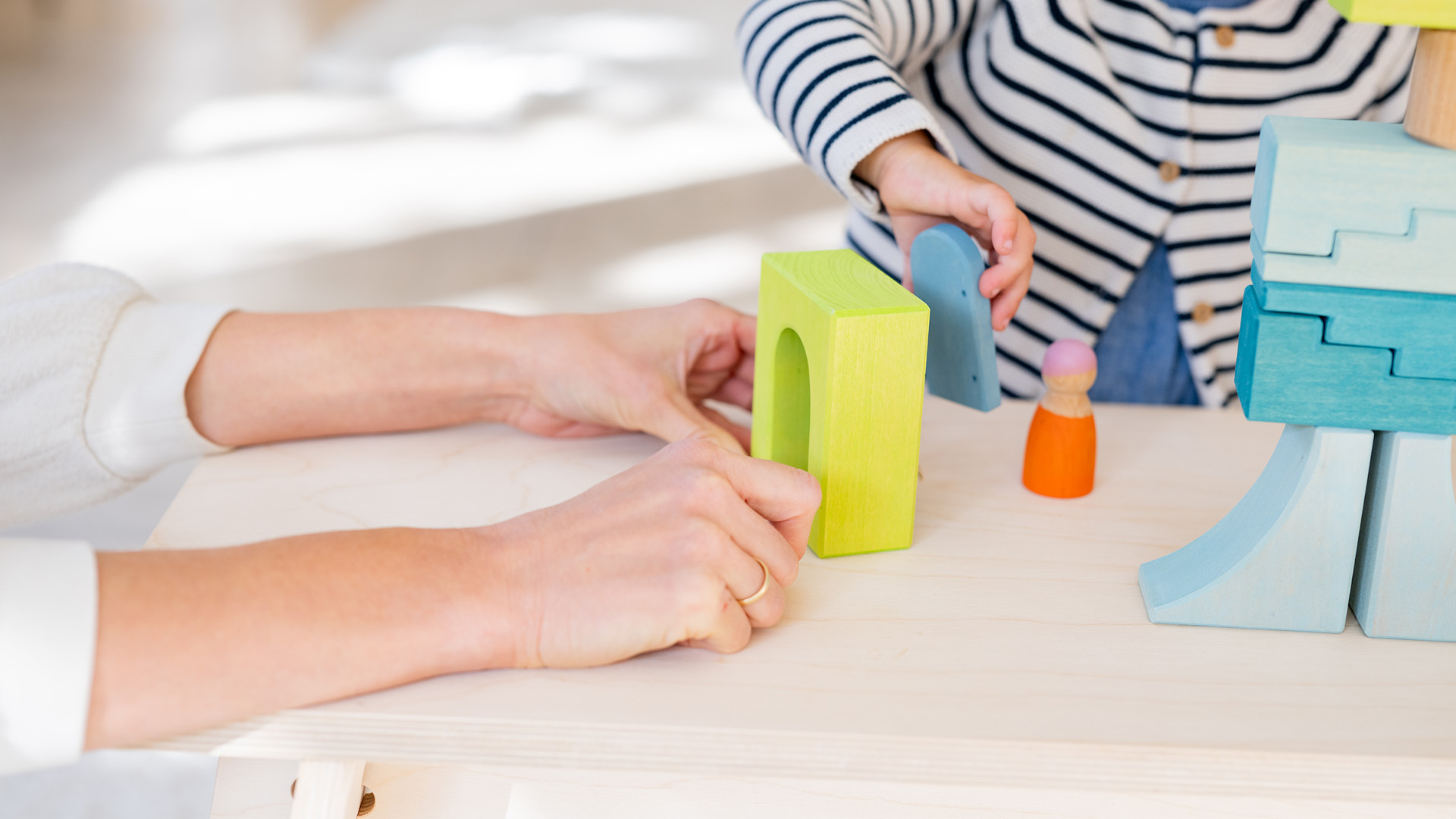
When young and old play together
It is also particularly nice to see that older children often play longer with their younger siblings, even if other children of the same age may no longer do so. This results in cross-age play in which everyone can contribute their skills, ideas and way of playing and everyone learns from everyone else. Smaller play materials can also be reserved for the older children, giving them a little exclusivity that the younger children can then enjoy at a later stage.
Our play materials playfully support fine motor skills for small and large hands. We have therefore put together a few play ideas that specifically stimulate fine motor skills. Some of our products are even available in different sizes and are therefore suitable for small and large hands.
In fact, we are a good address when it comes to fine motor skills because our play materials are simply ideal for this. They playfully support fine motor skills for small and large hands.
First building with Giant Building Blocks or the Large Stepped Pyramid.
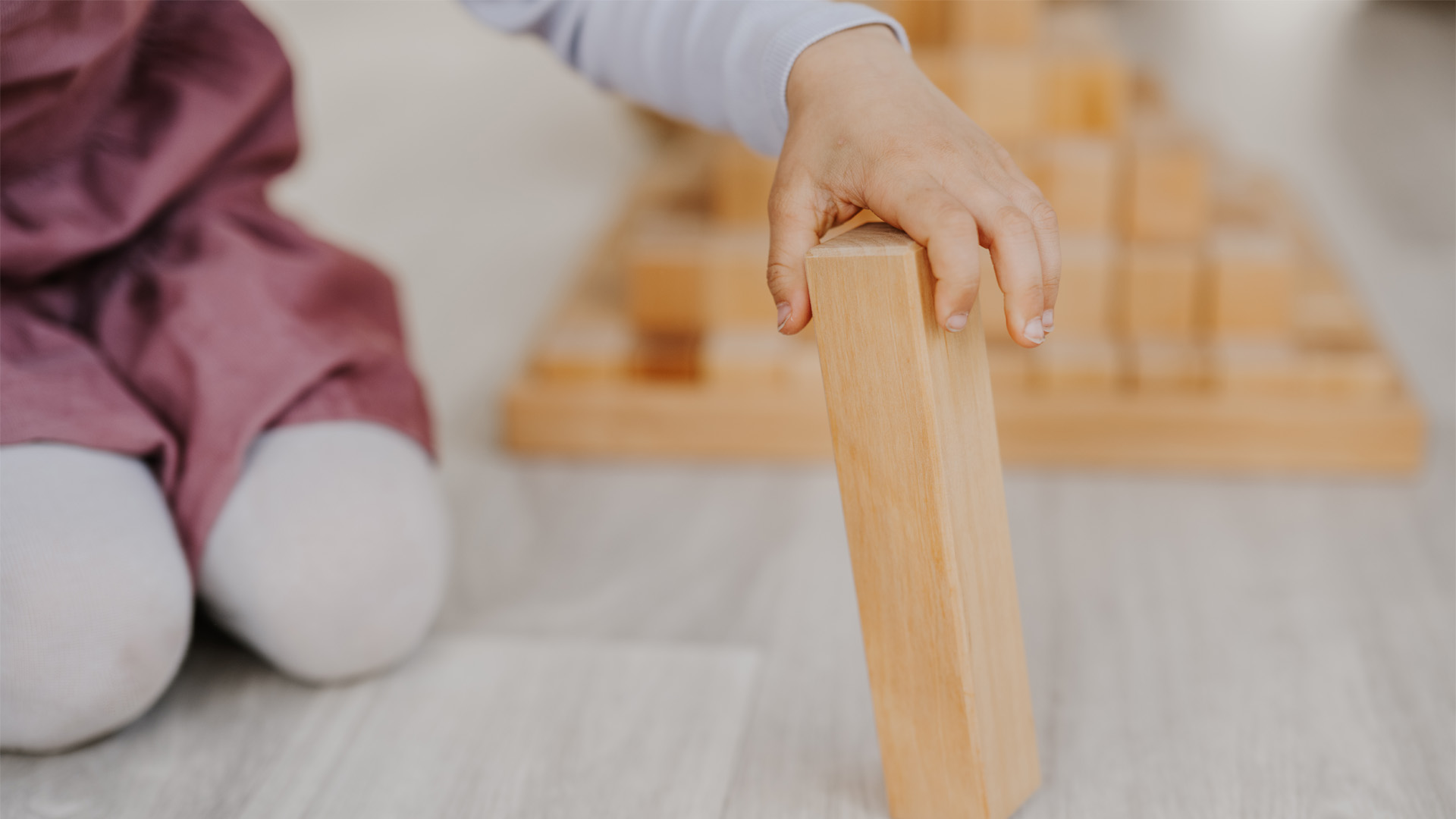
Advanced building with the Small Stepped Pyramid and the Concentric Circles and Rings.
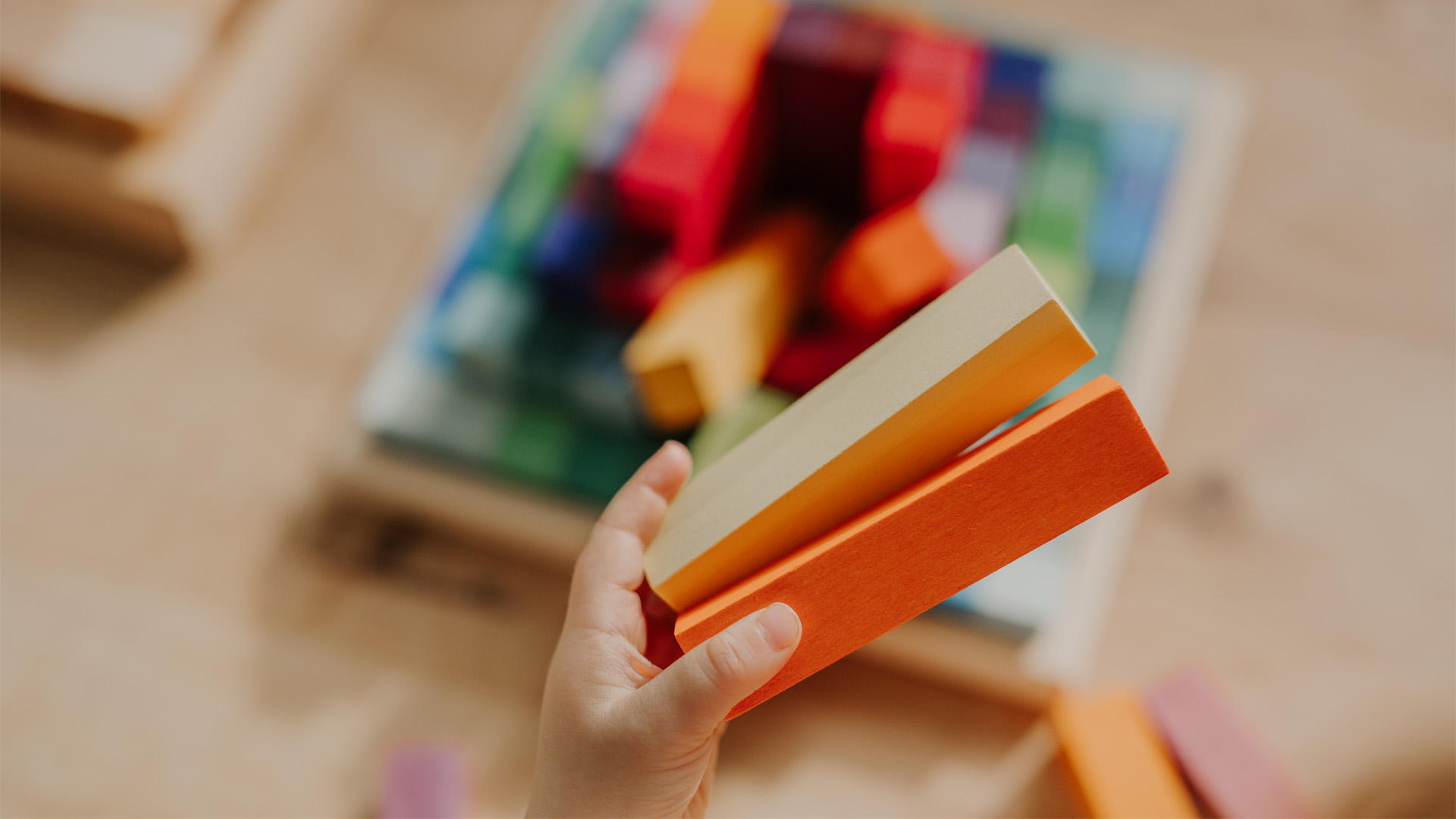
Sorting with Seven Friends in Bowls or the Sortingboard.
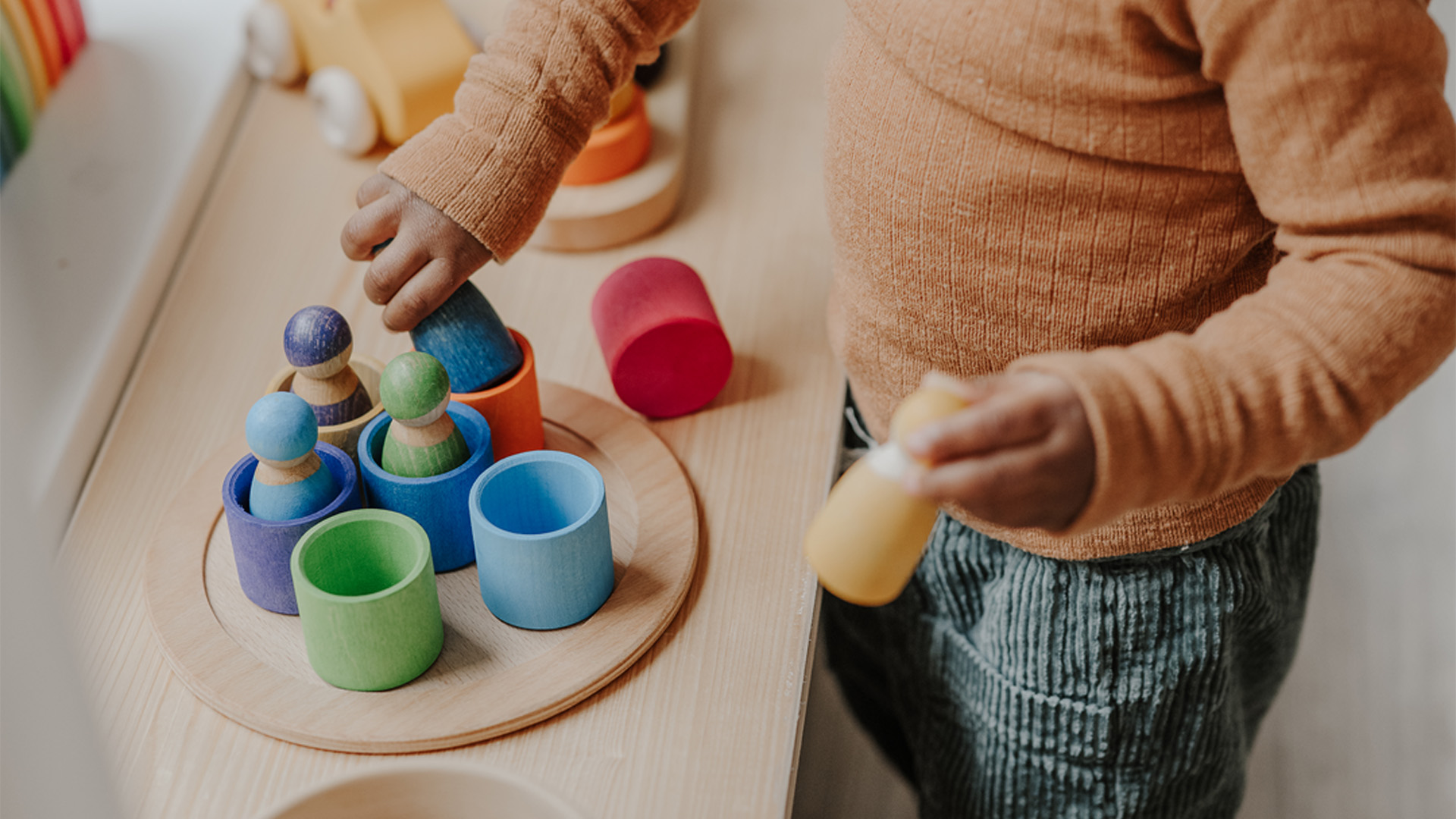
String beads with our Large, Medium and Small Wooden Beads.
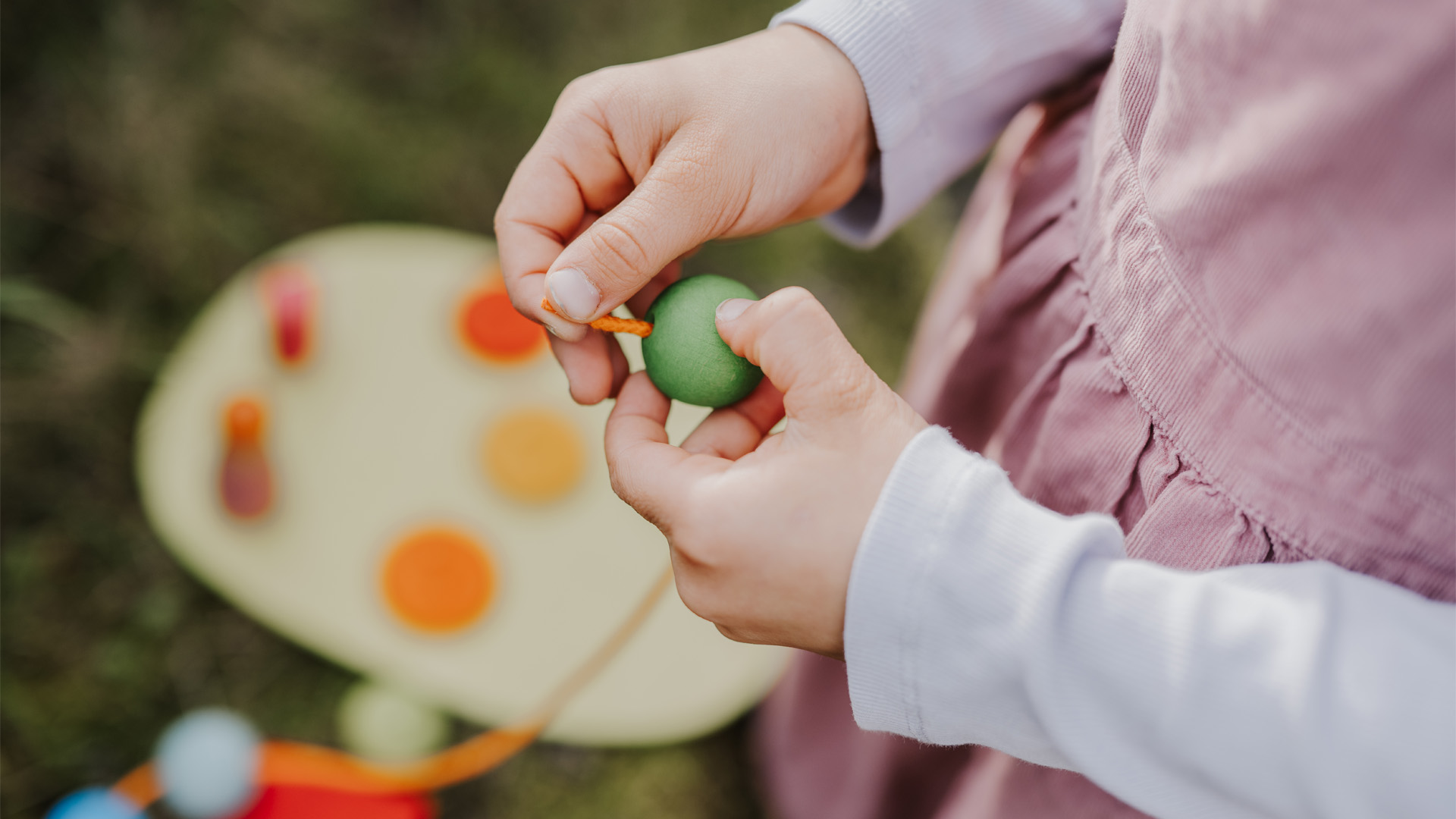
Create pictures and patterns with the Acrylic Glitter Stones.

Build ball runs and play with the Large Rainbow and Wooden Balls.
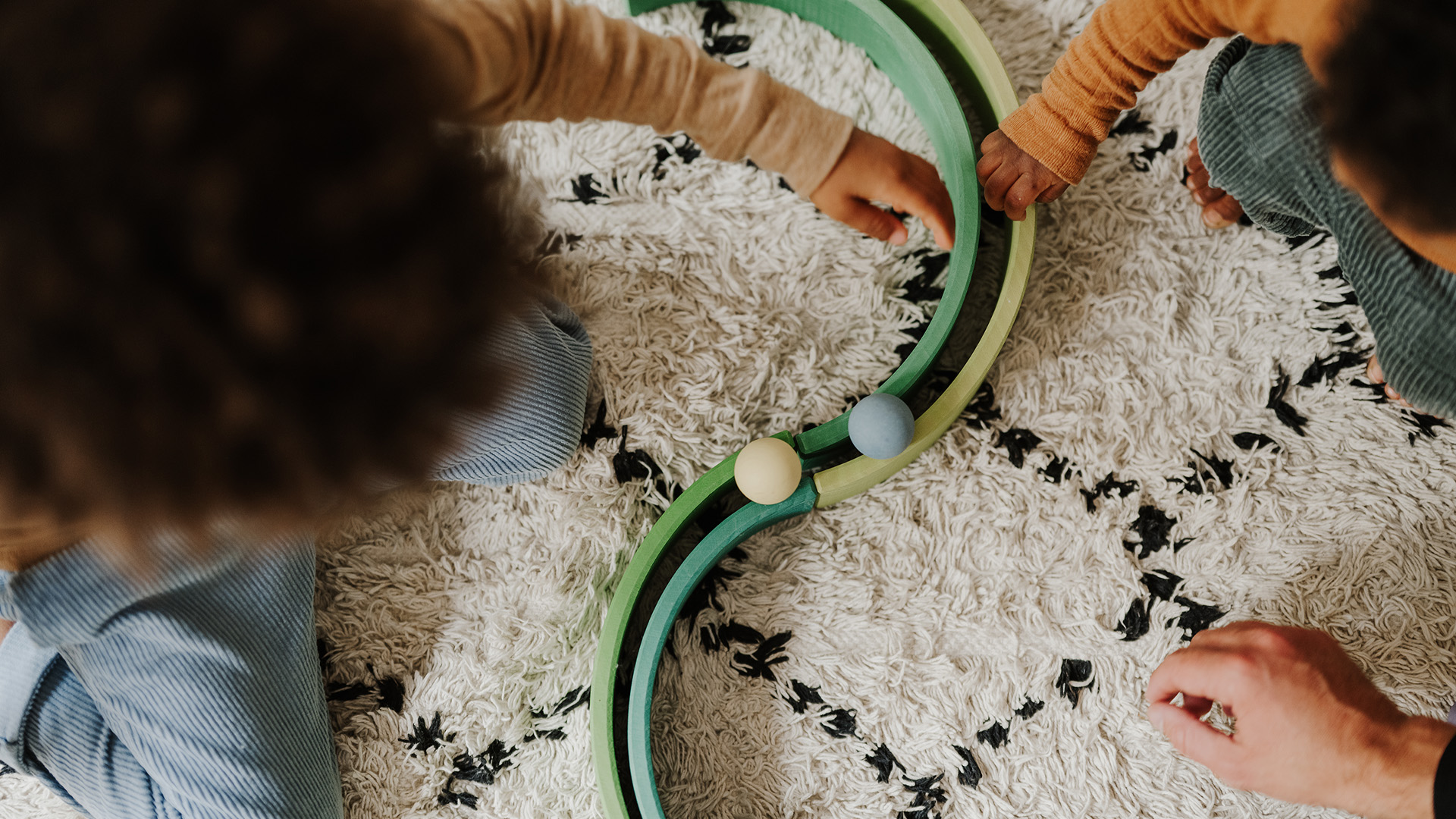
Children are little people with a head full of ideas and arms and legs full of zest for action. When children are allowed to do what they want to do, namely try out where you can put small things, how many things can be stacked on top of each other until everything collapses and what happens when you tip out lots of little balls in the deep-pile carpet and then have to pop them out again, they can learn a lot for their fine motor skills.
In any case, everyday life offers plenty of opportunities to train fine motor skills. The autonomy phase, in which children want to do everything themselves, also contributes to this by putting buttons in the buttonhole themselves, tying their shoes themselves, pressing bells and lift buttons and cracking eggs into the bowl of batter themselves. In the same way, fine motor skills are trained through daily play, colouring and crafts in a variety of forms.
And because there are so many everyday and play situations in which children train their fine motor skills automatically and without explicit encouragement, it is generally not necessary to focus on fine motor skills development. However, offering appropriate play materials and supporting children to do things on their own is definitely helpful and also great fun. In this way, children intuitively learn as much as we adults can only dream of, quite incidentally and without realising it, through their curiosity.

-
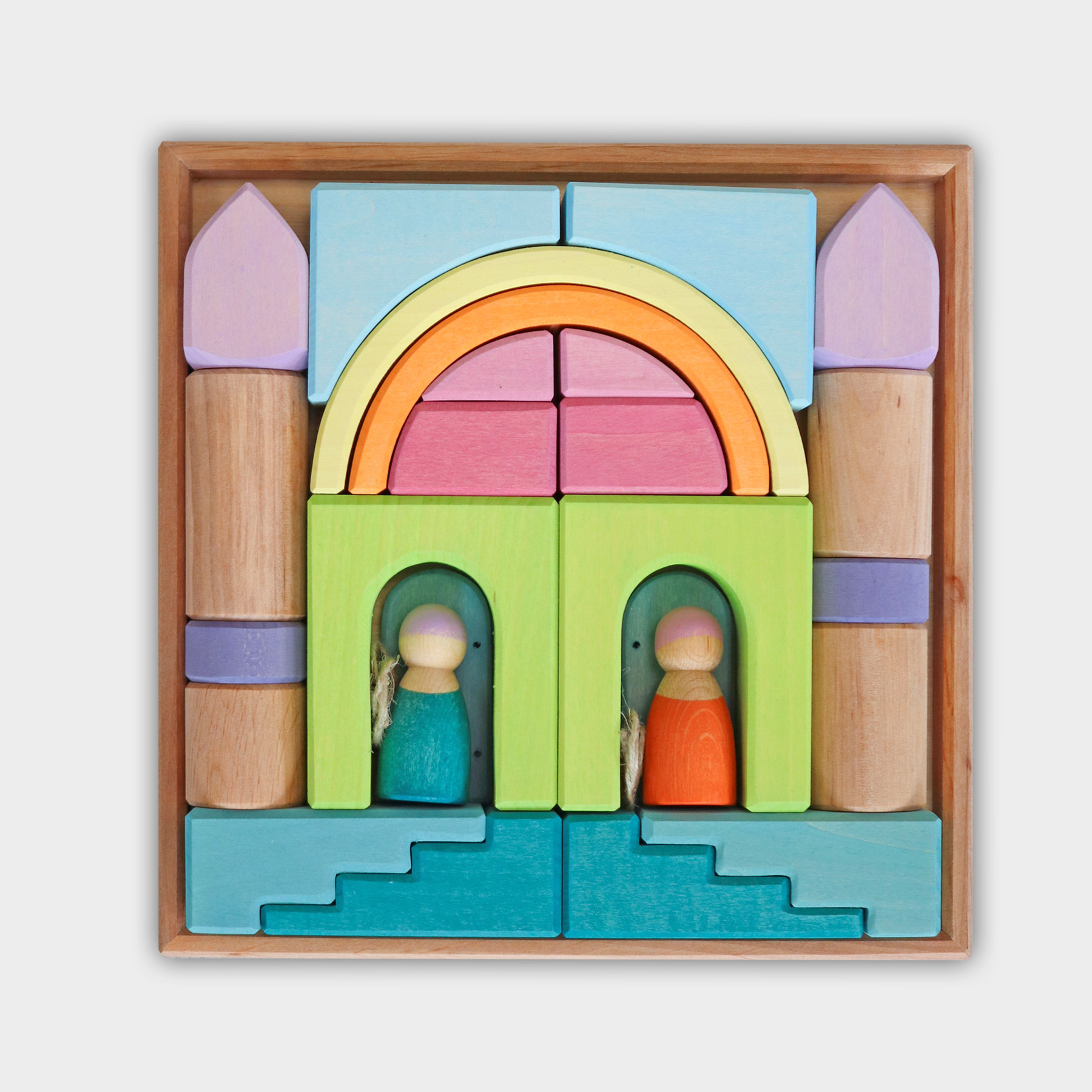 €72.95*
€72.95* -
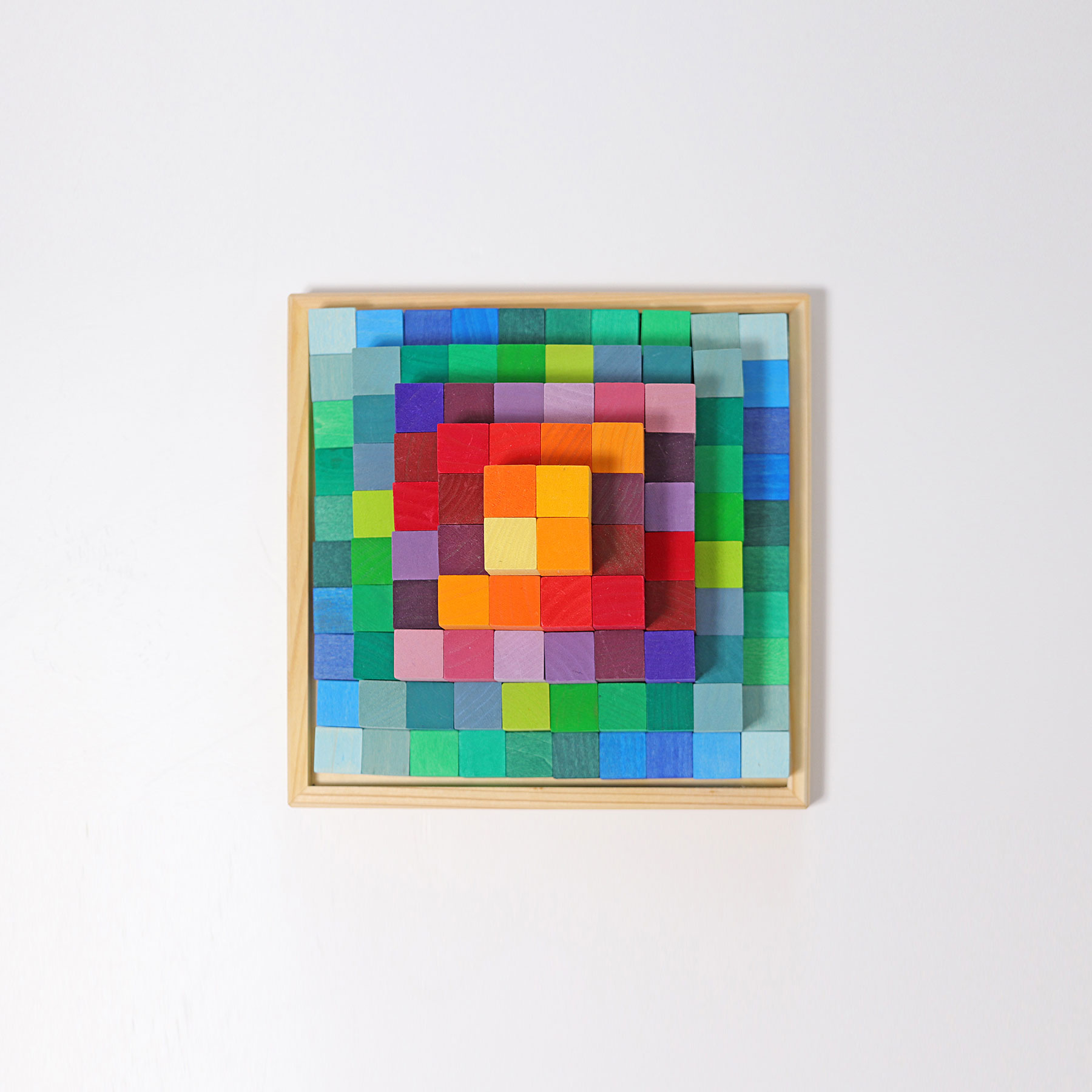 €58.50*
€58.50* -
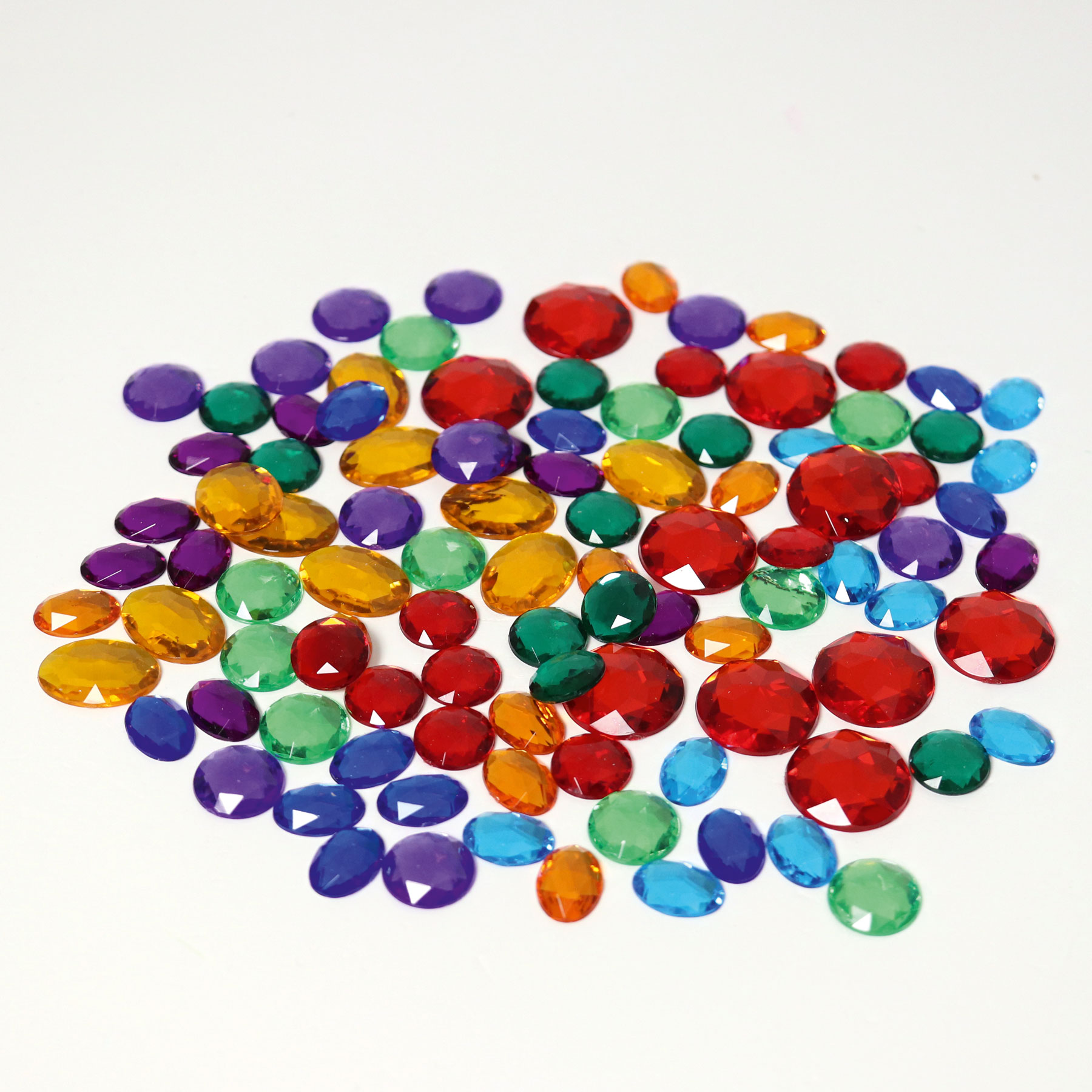 €16.90*
€16.90* -
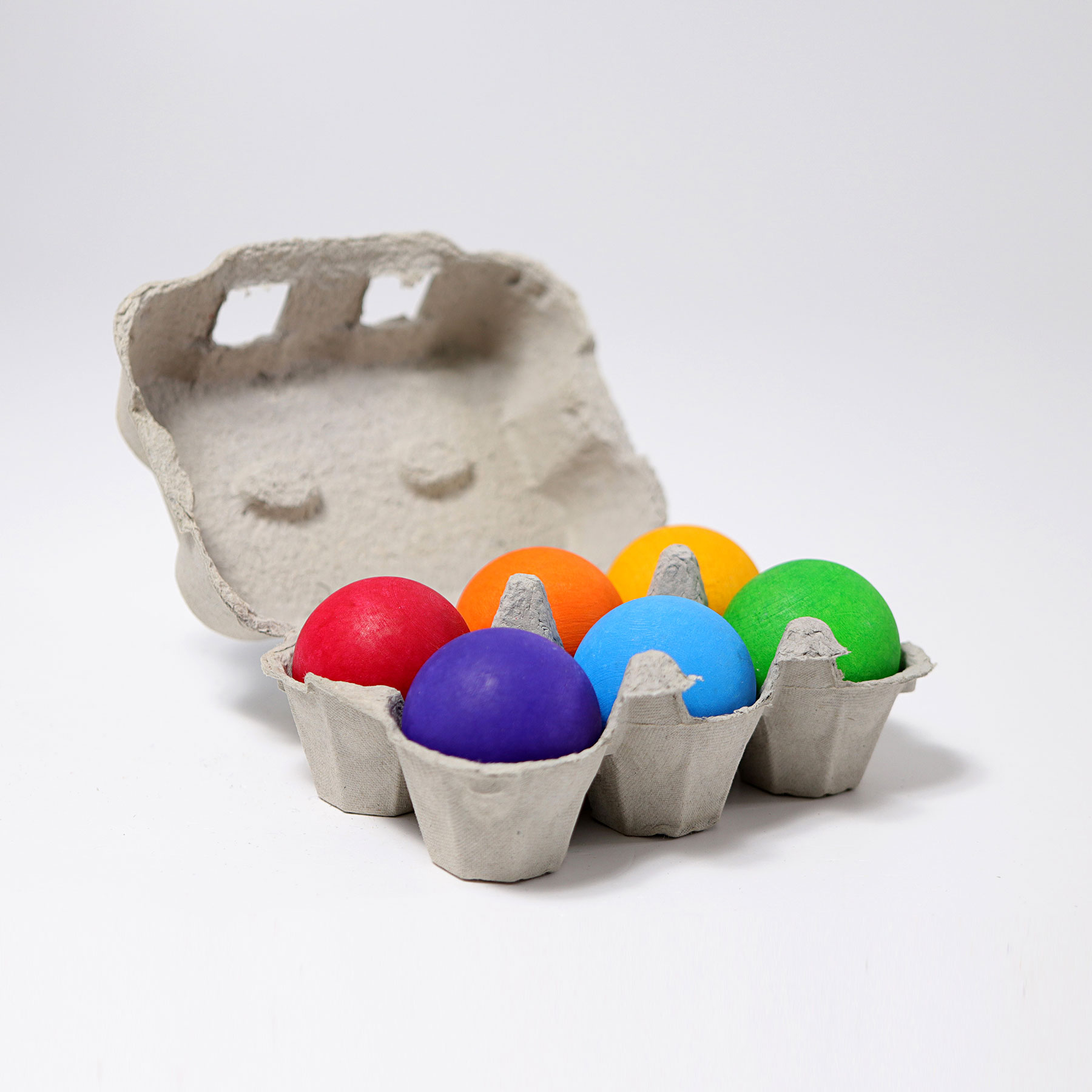 €16.90*
€16.90* -
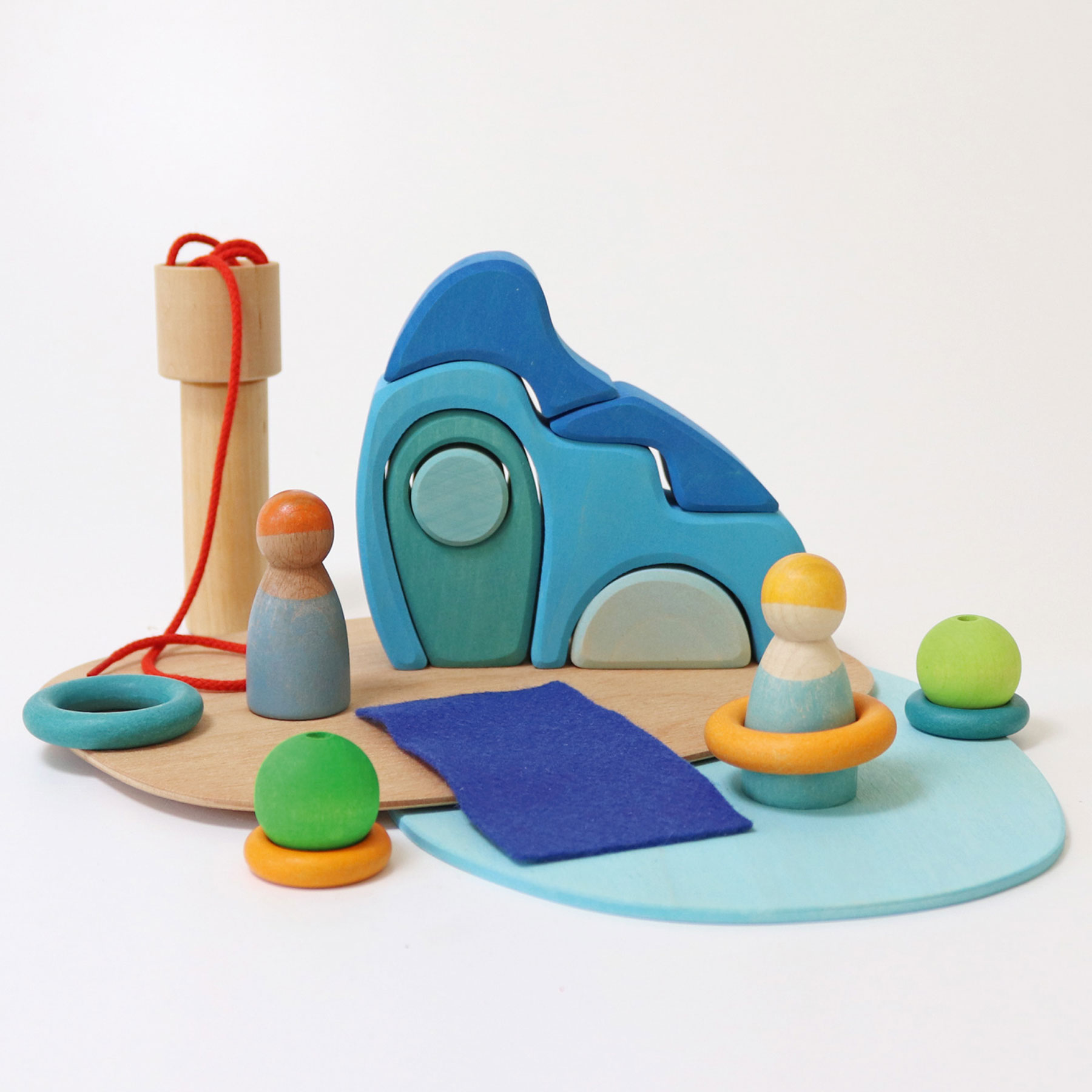 €49.95*
€49.95* -
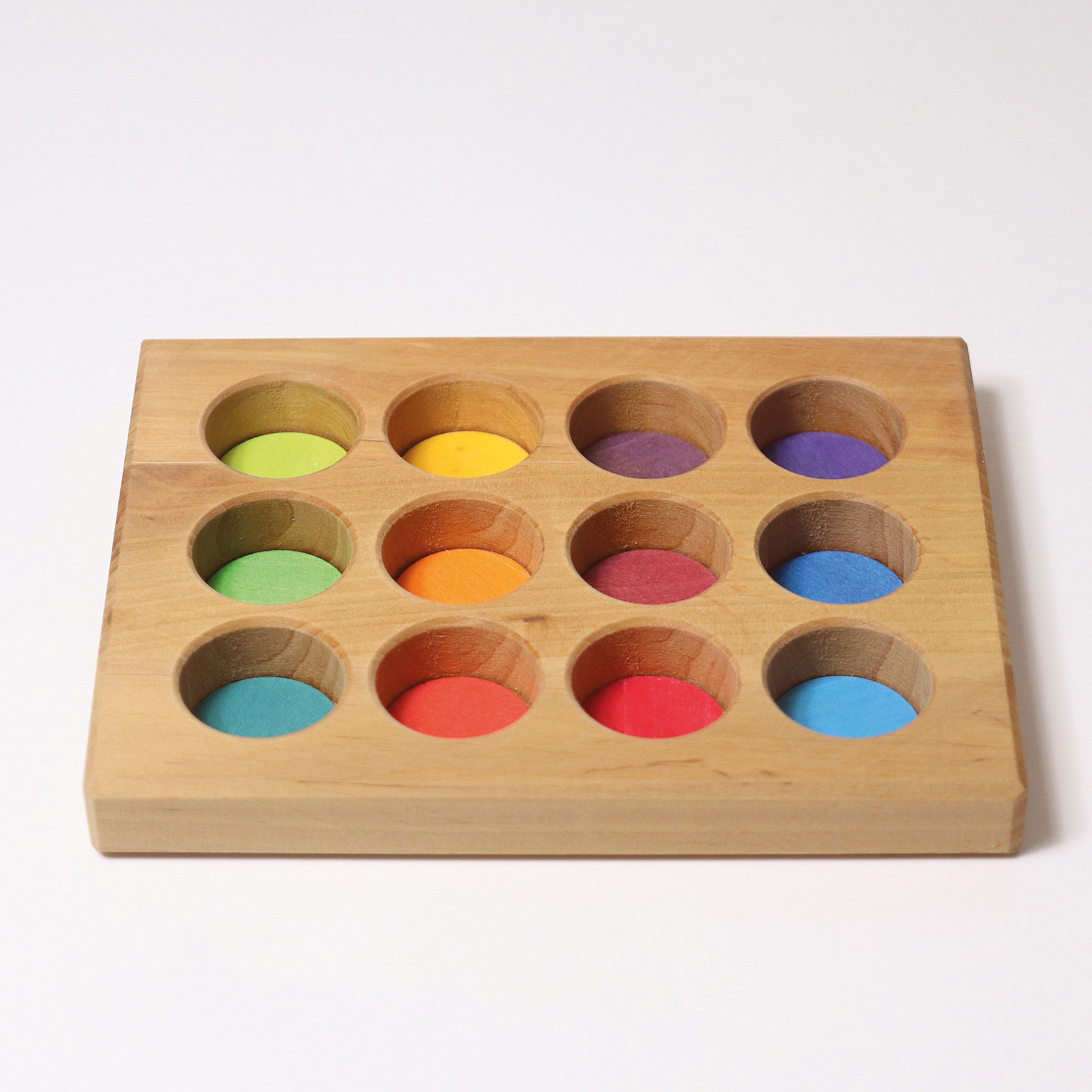 €20.95*
€20.95* -
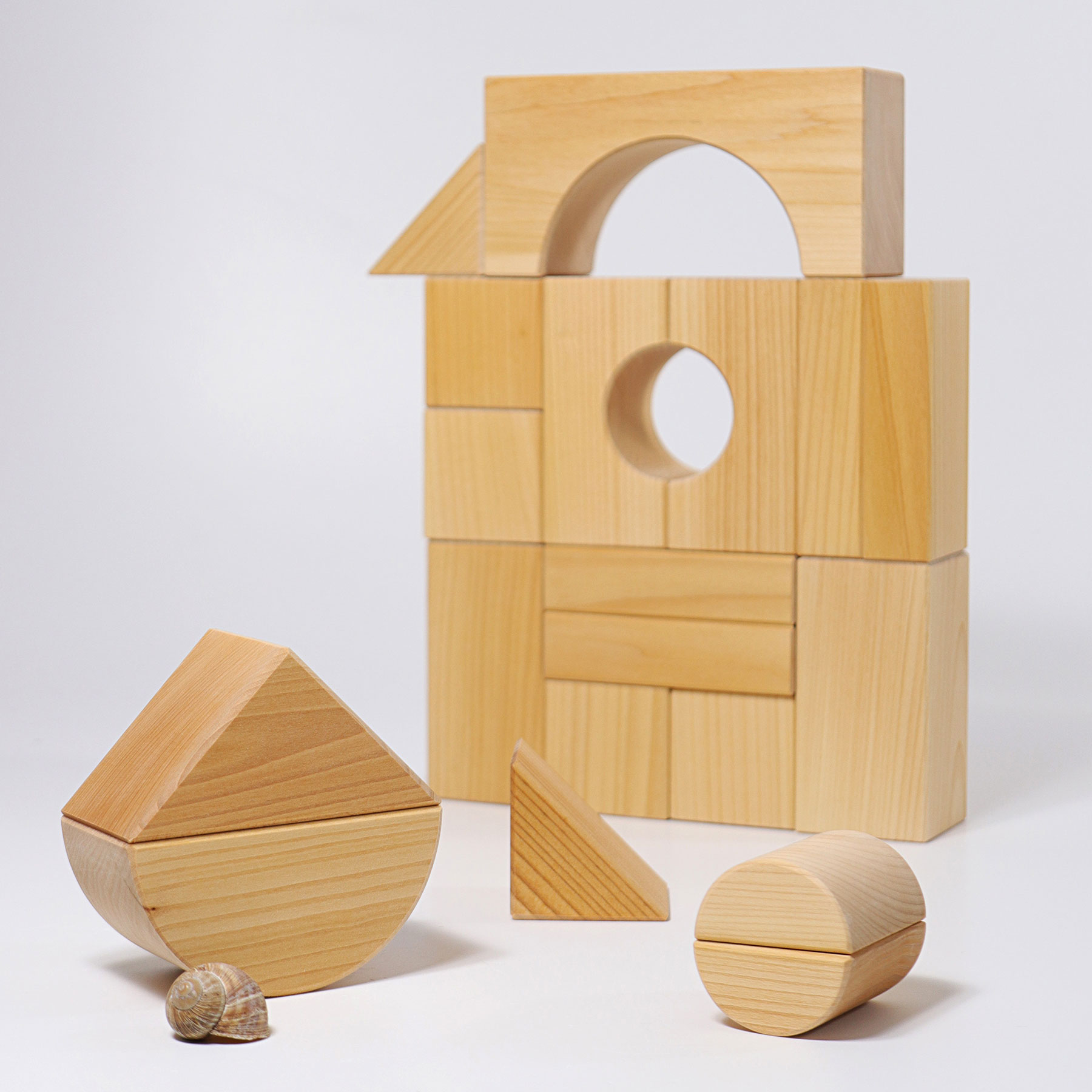 €89.95*
€89.95* -
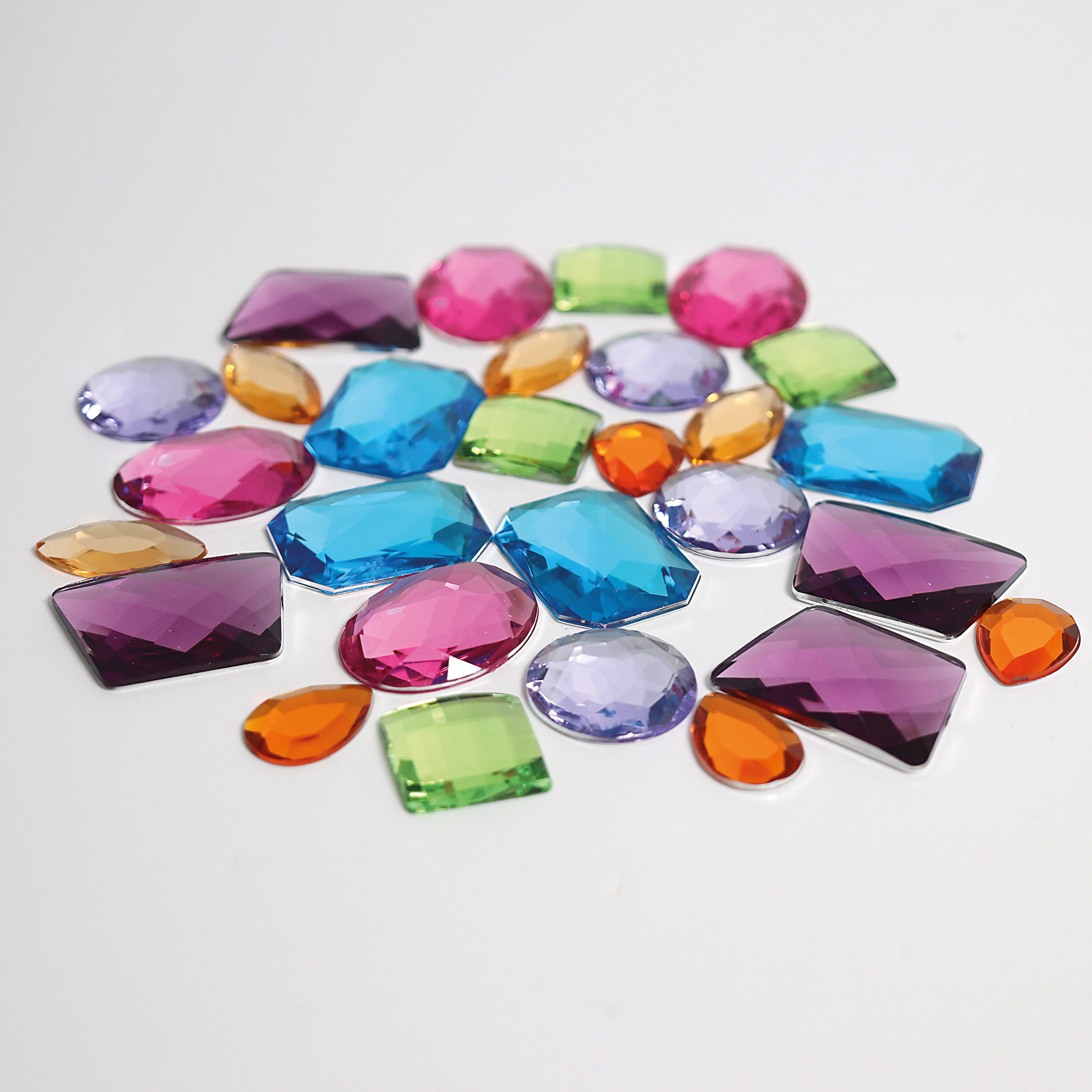 €14.50*
€14.50* -
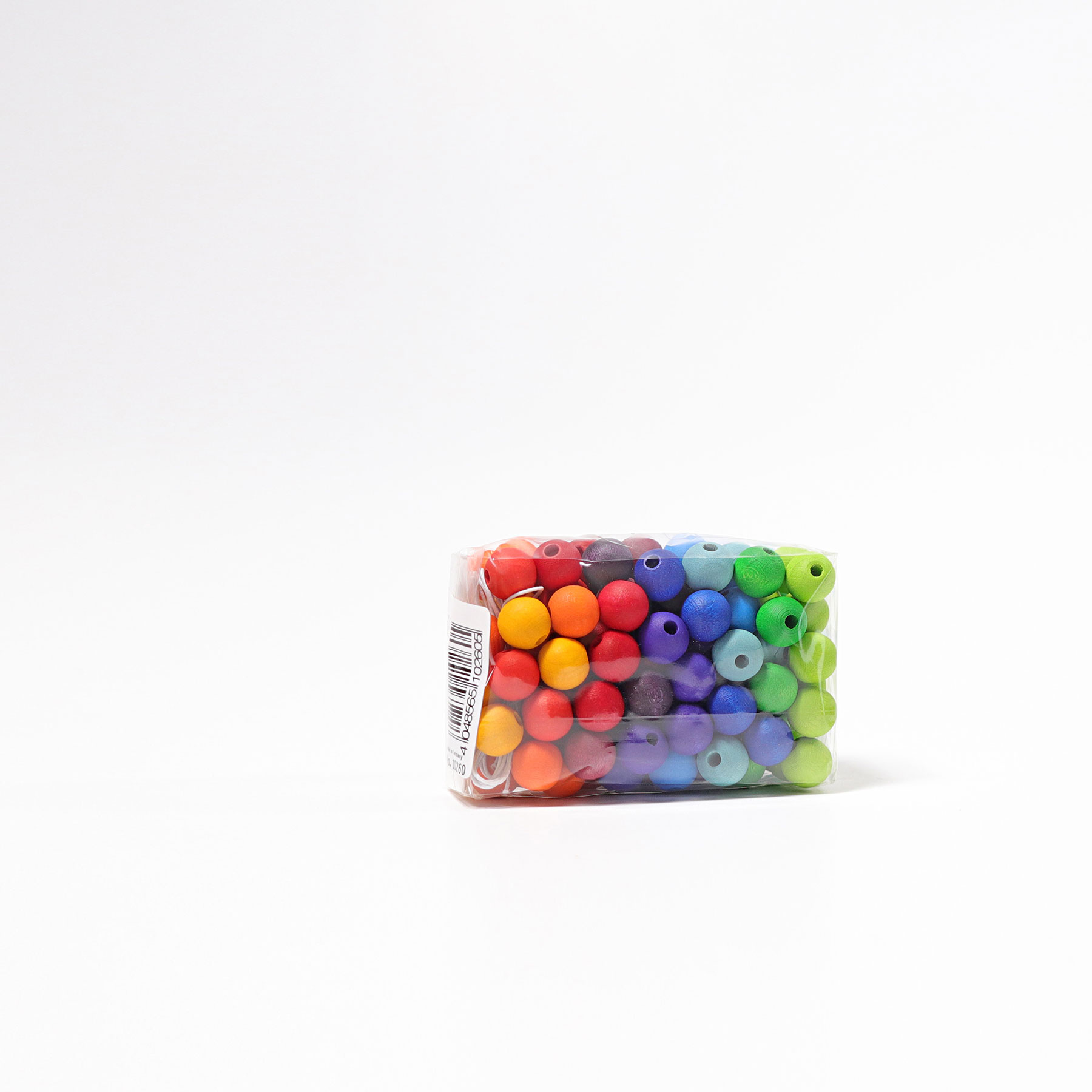 €16.90*
€16.90* -
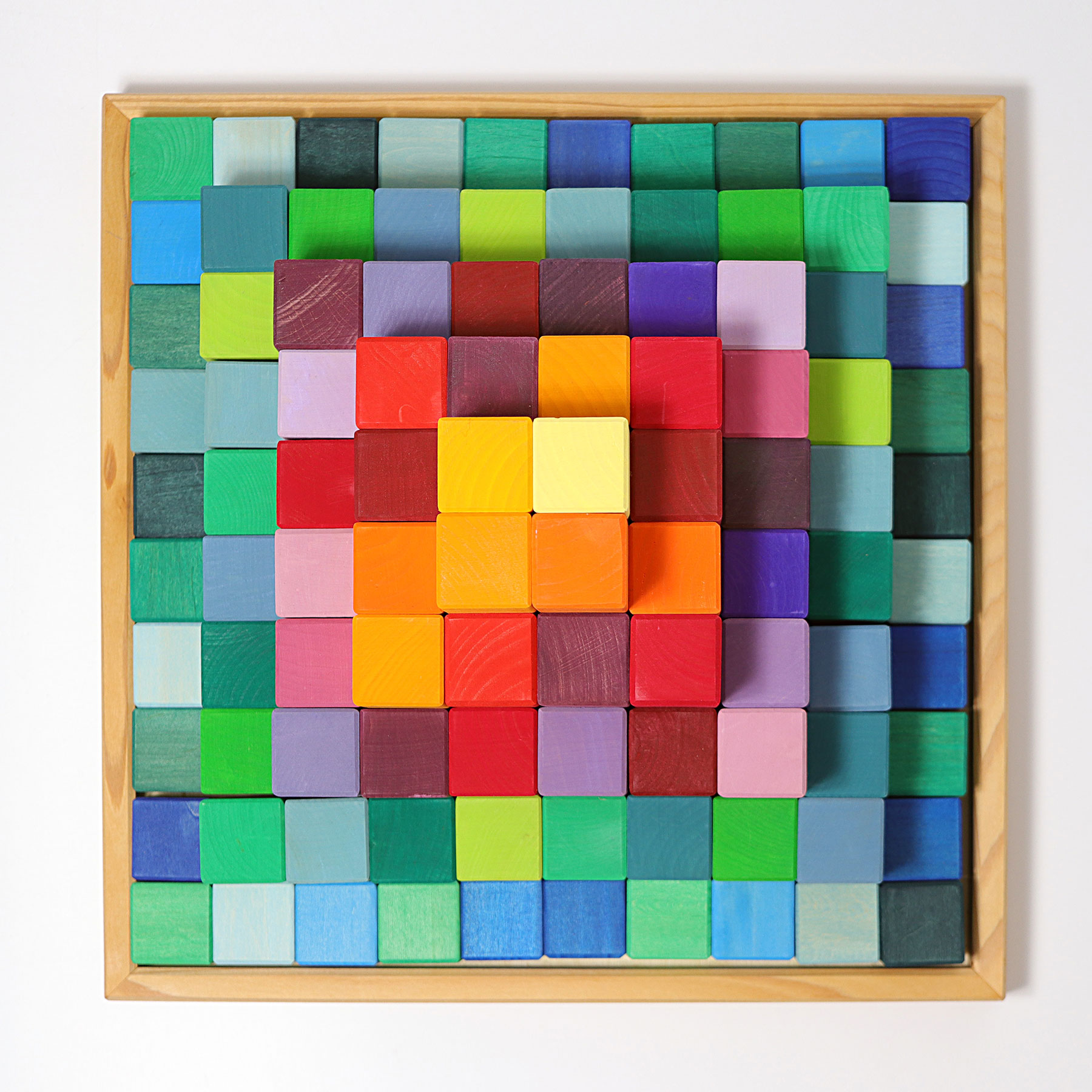 €159.95*
€159.95* -
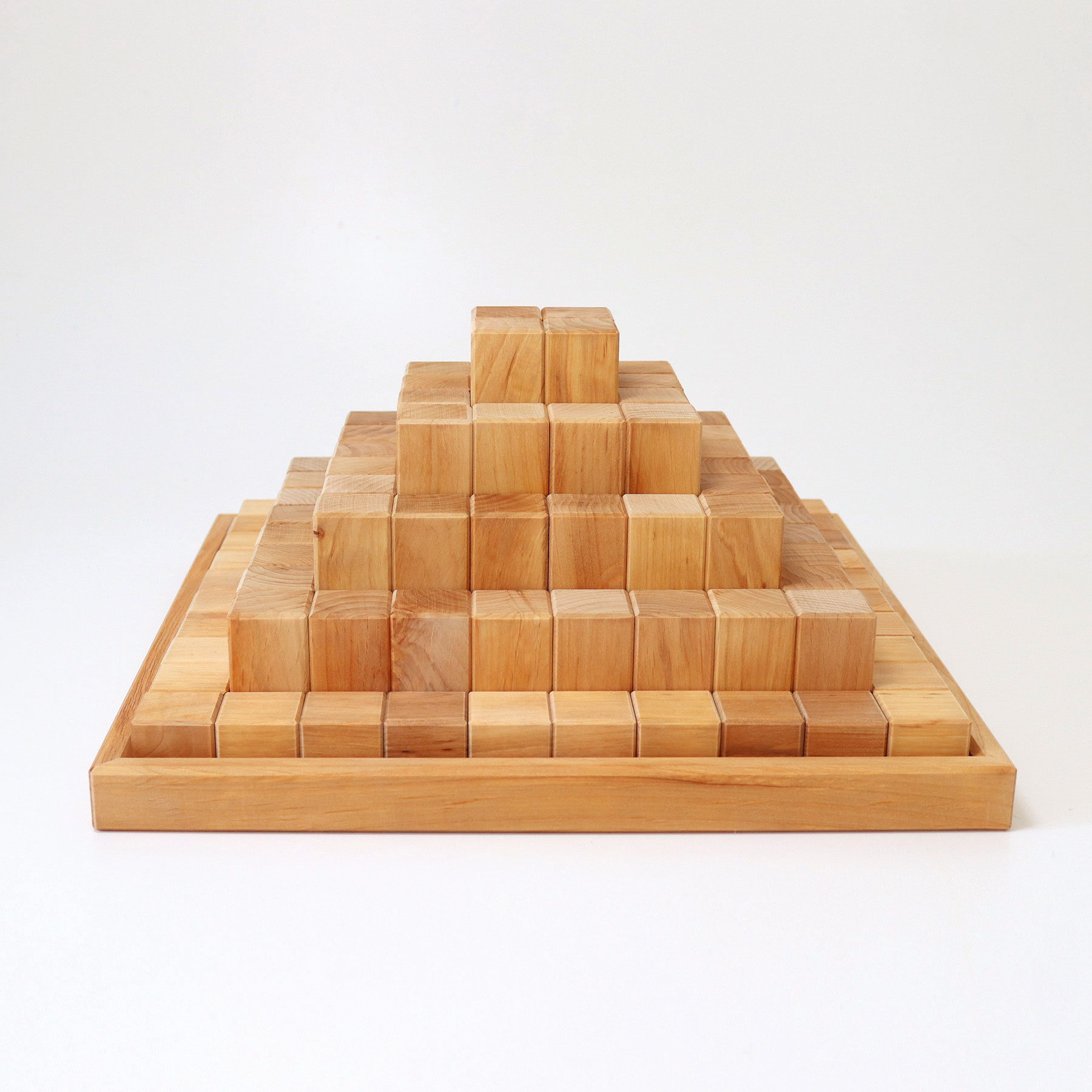 €159.95*
€159.95* -
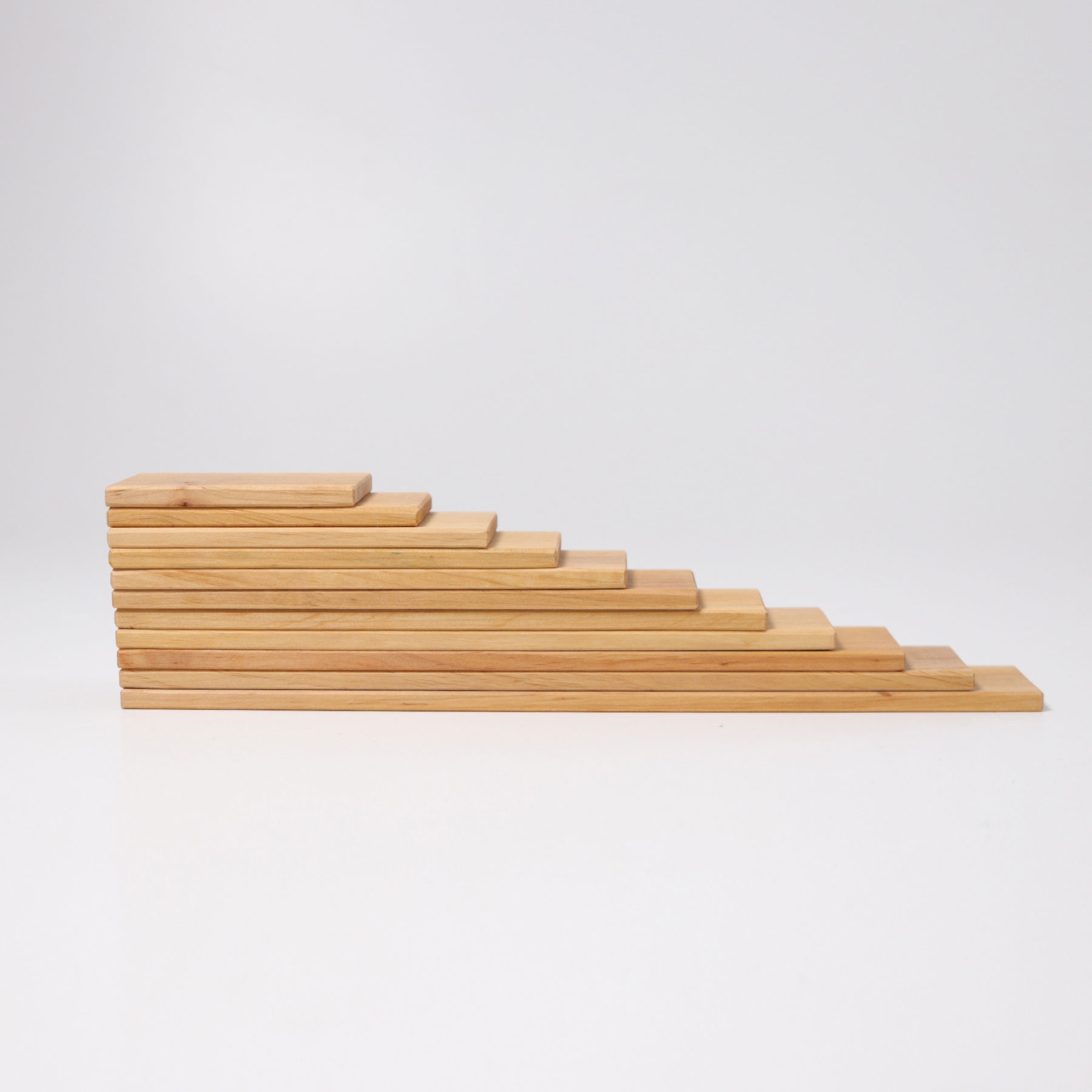 €49.95*
€49.95* -
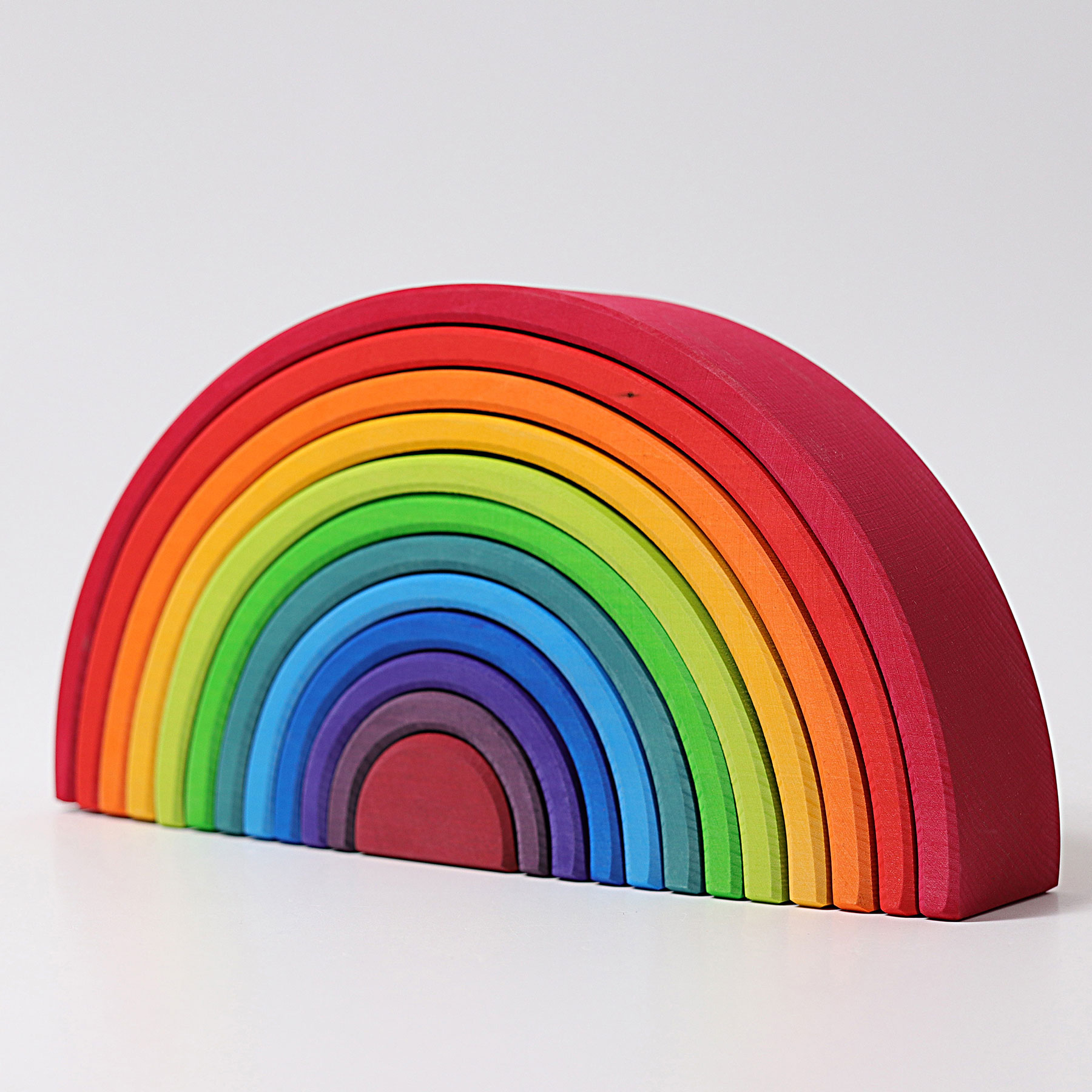 €79.95*
€79.95* -
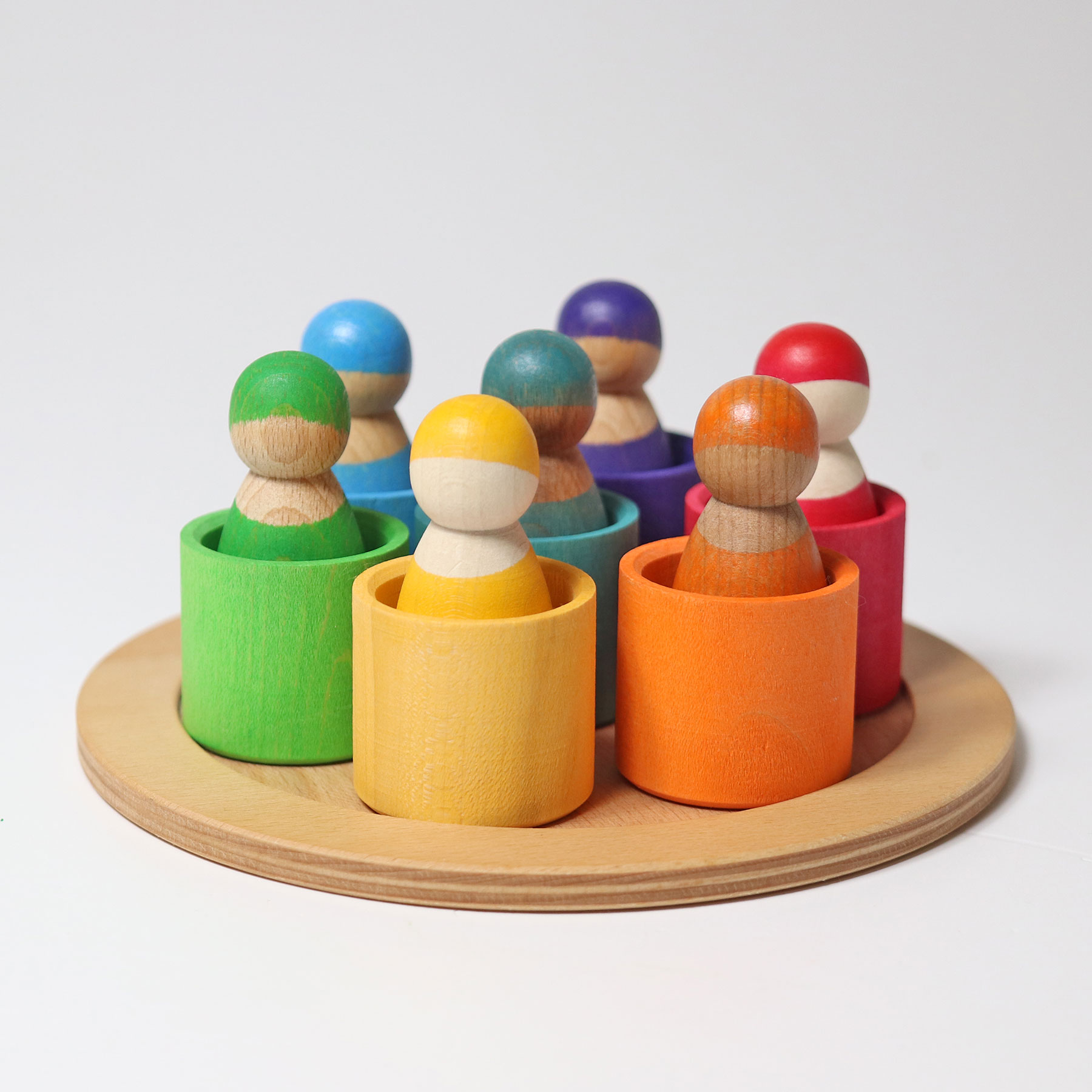 €49.95*
€49.95* -
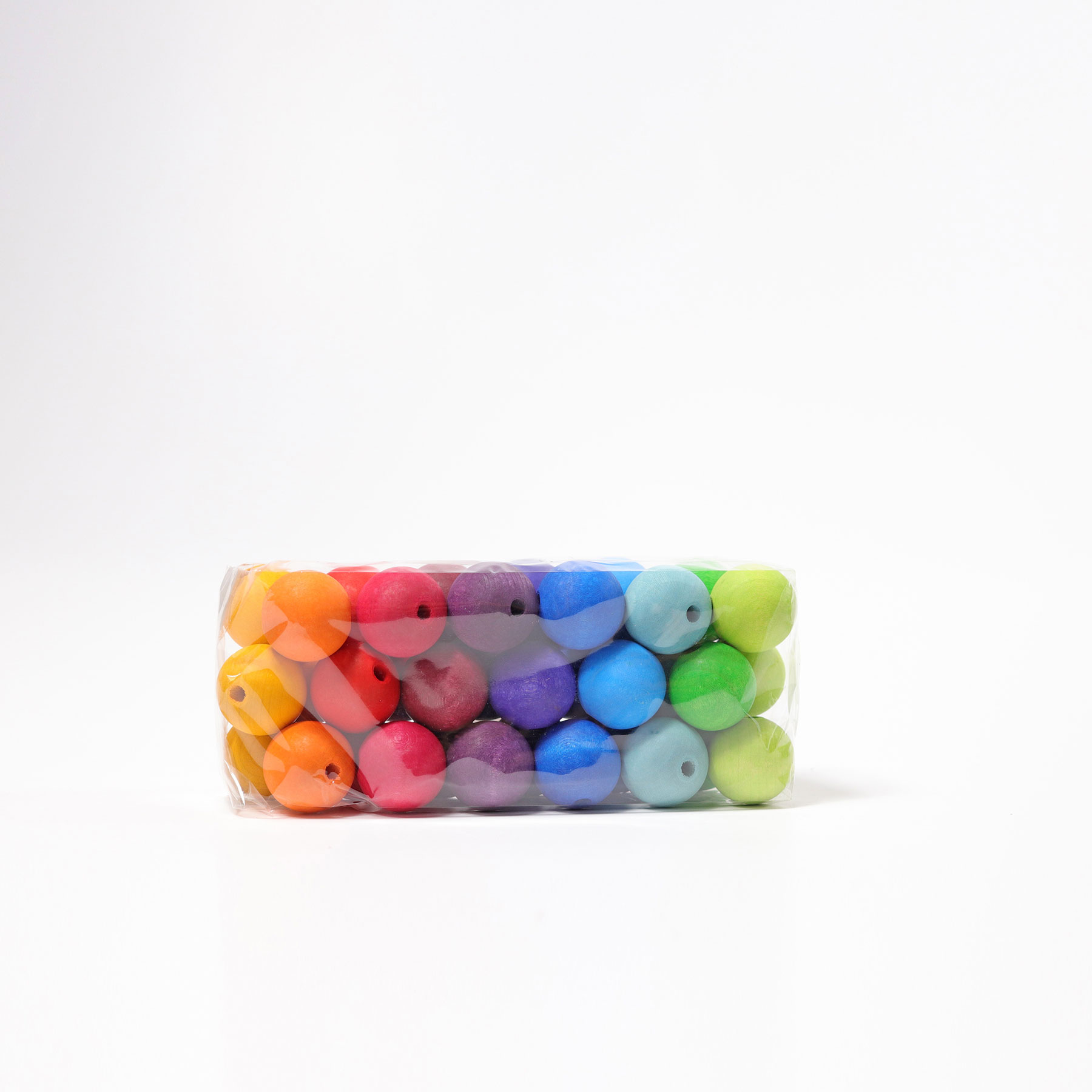 €20.95*
€20.95* -
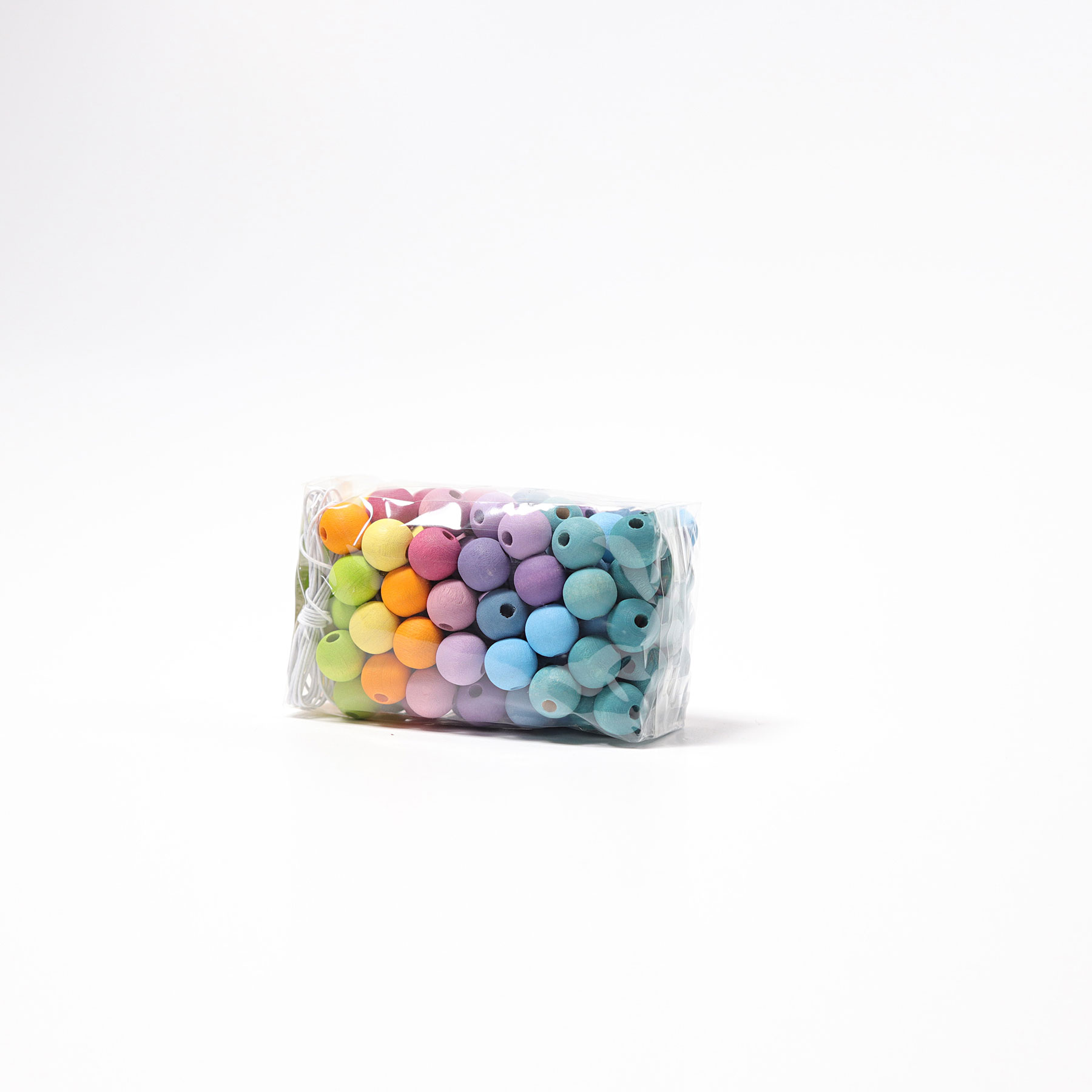 €16.90*
€16.90* -
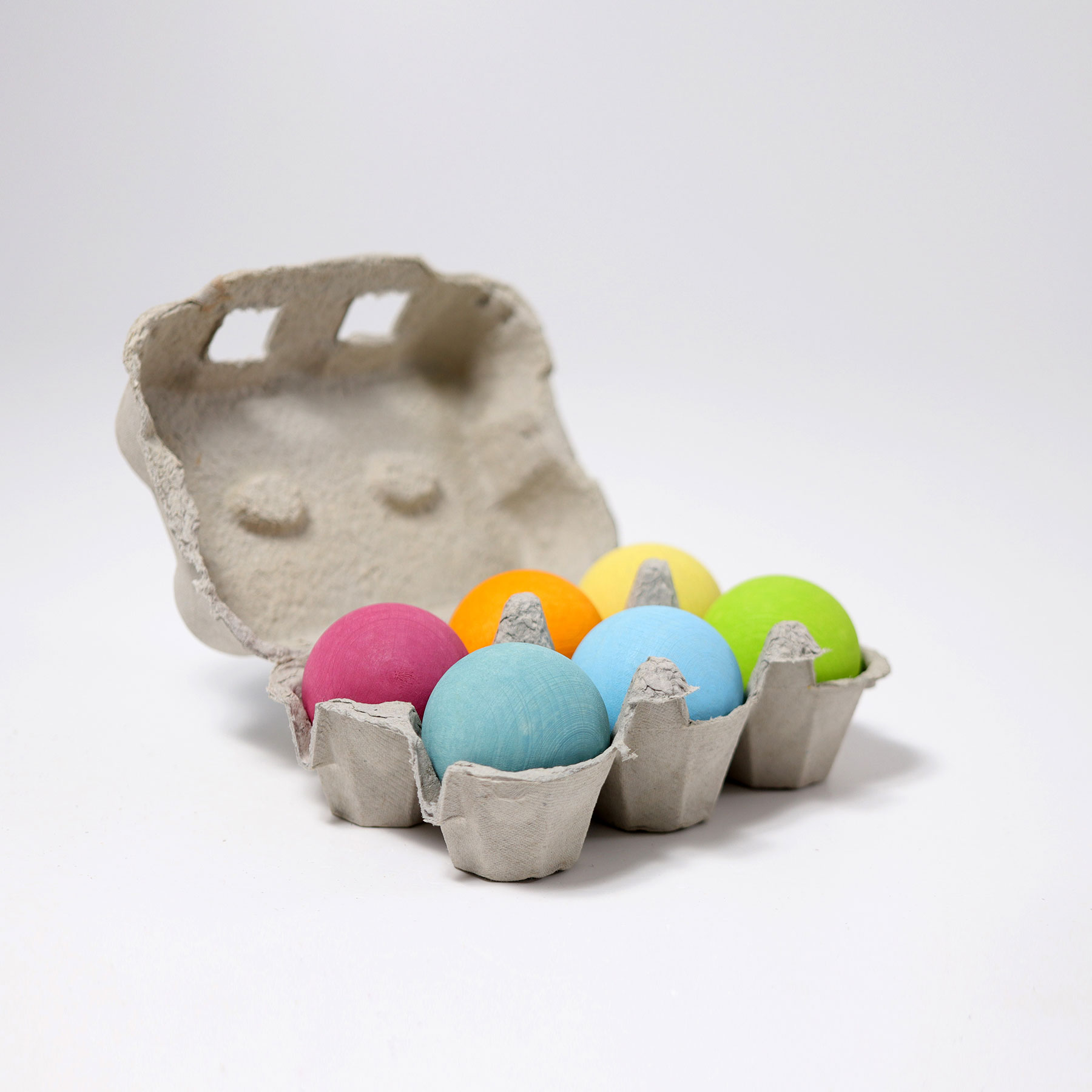 €16.90*
€16.90* -
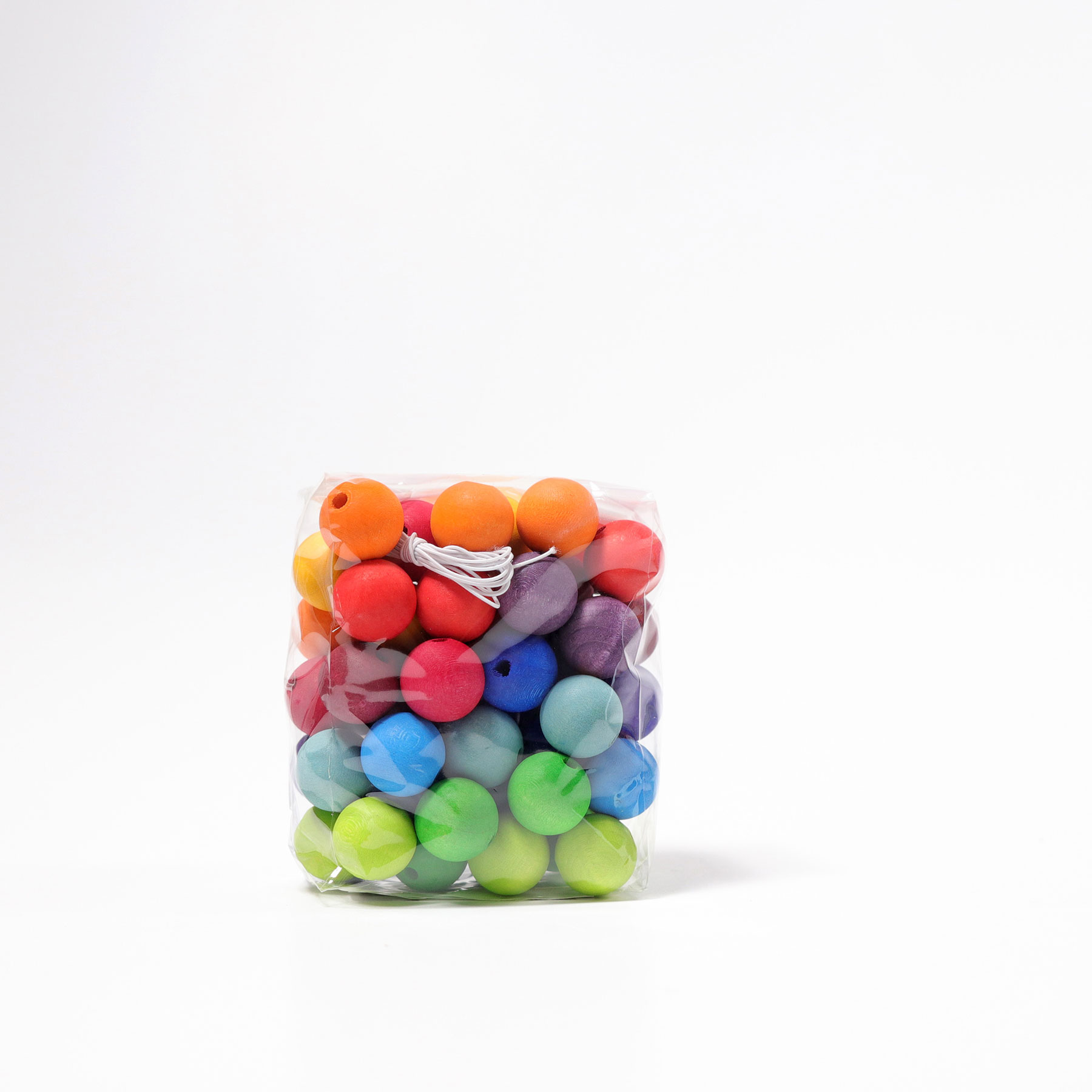 €22.90*
€22.90* -
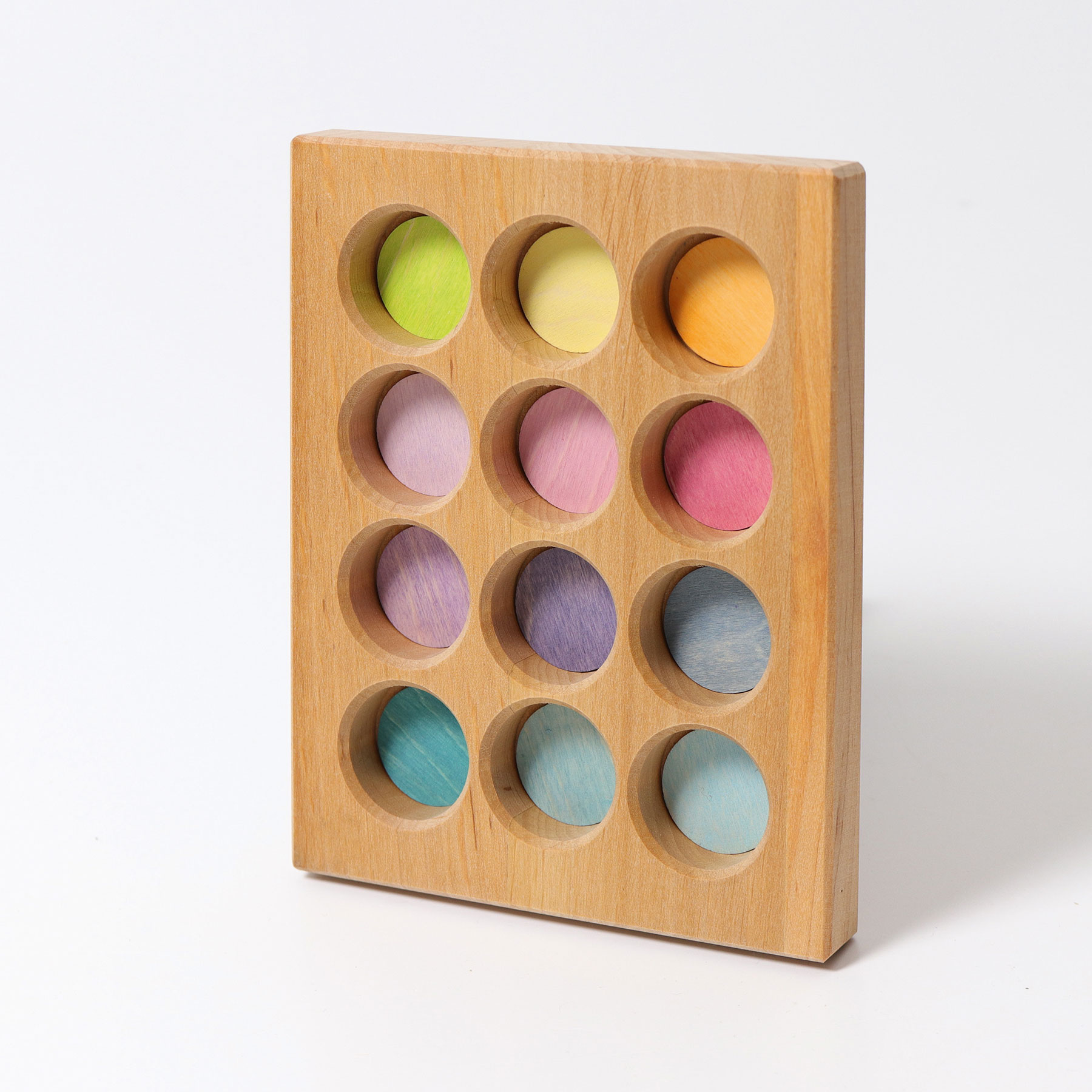 €20.95*
€20.95* -
 €62.90*
€62.90*


